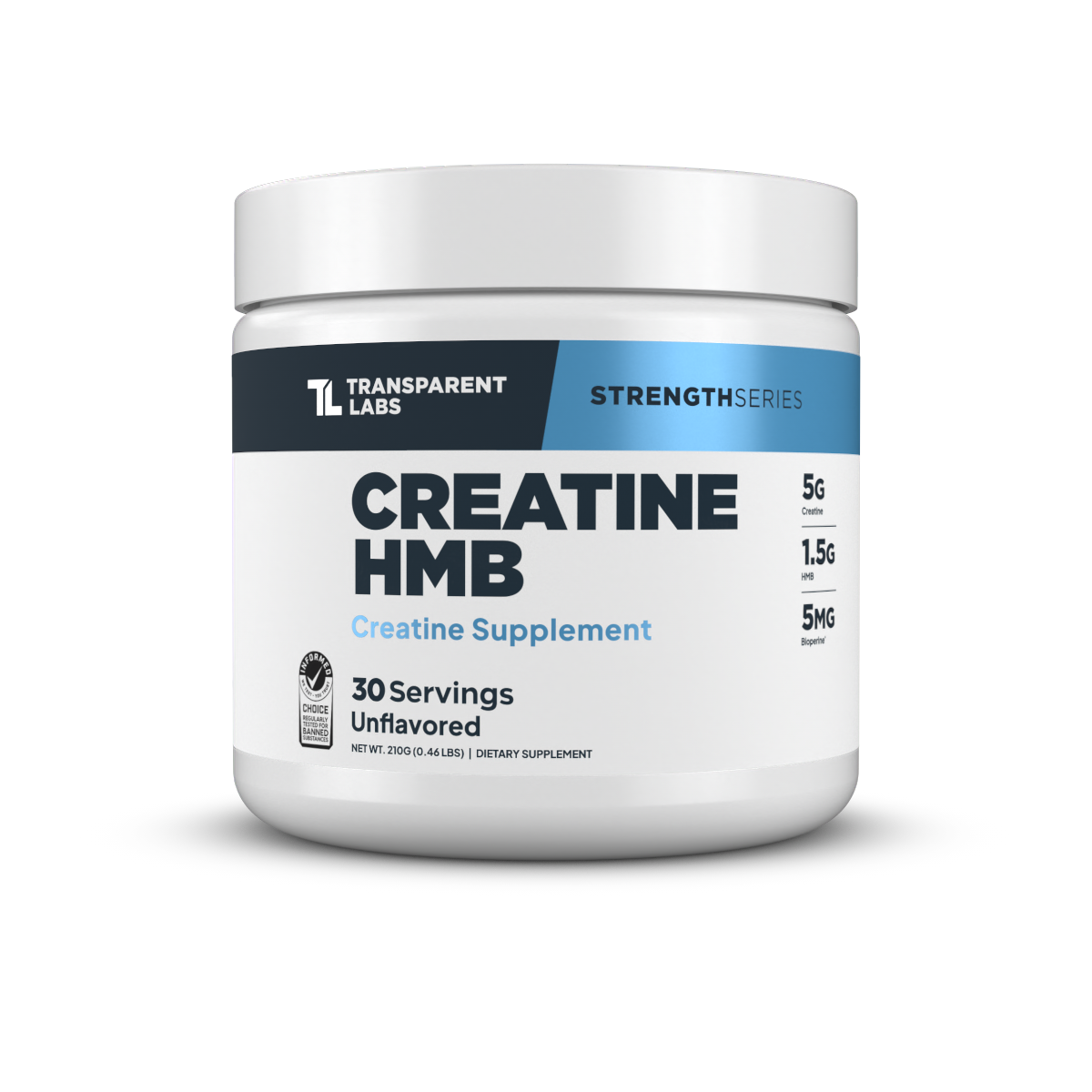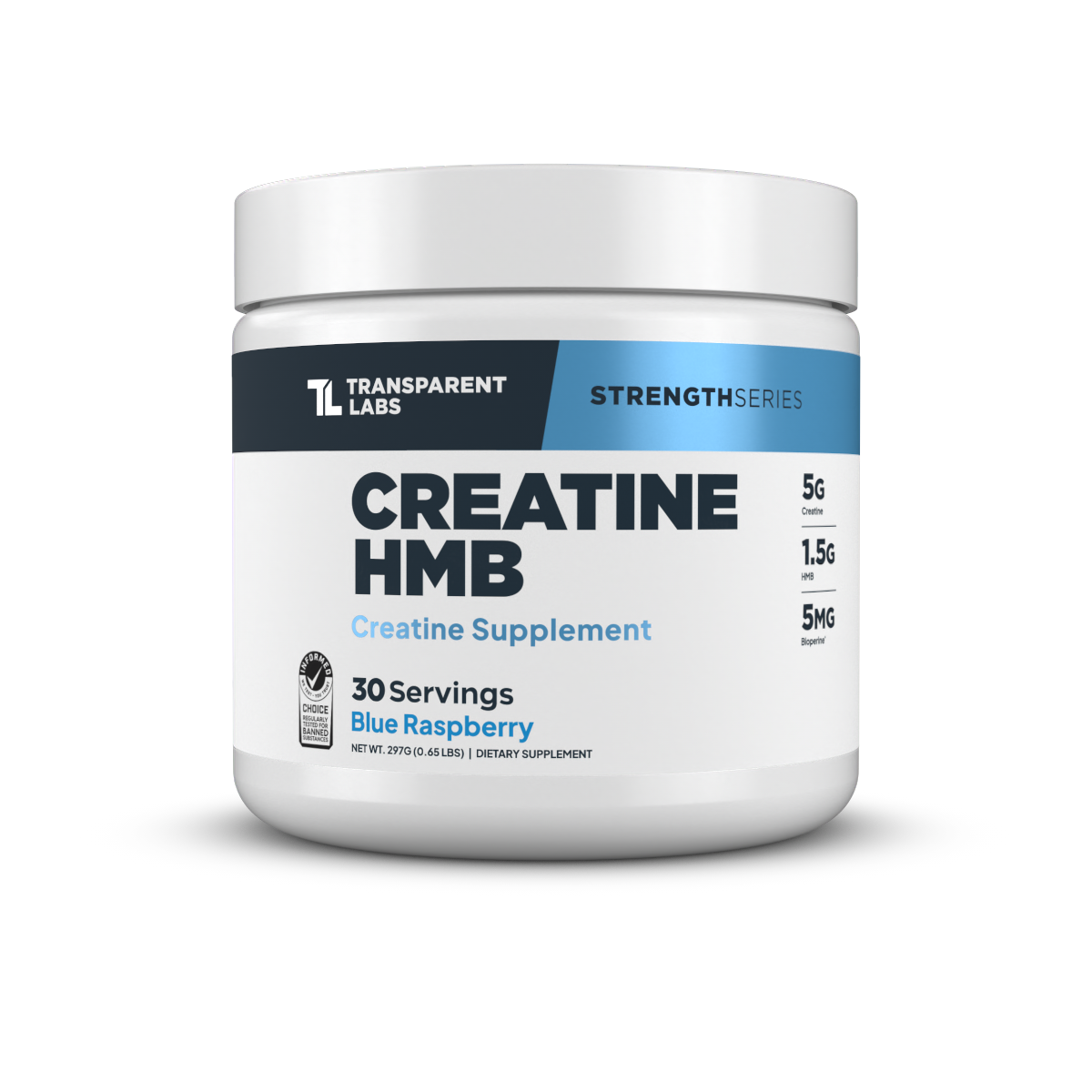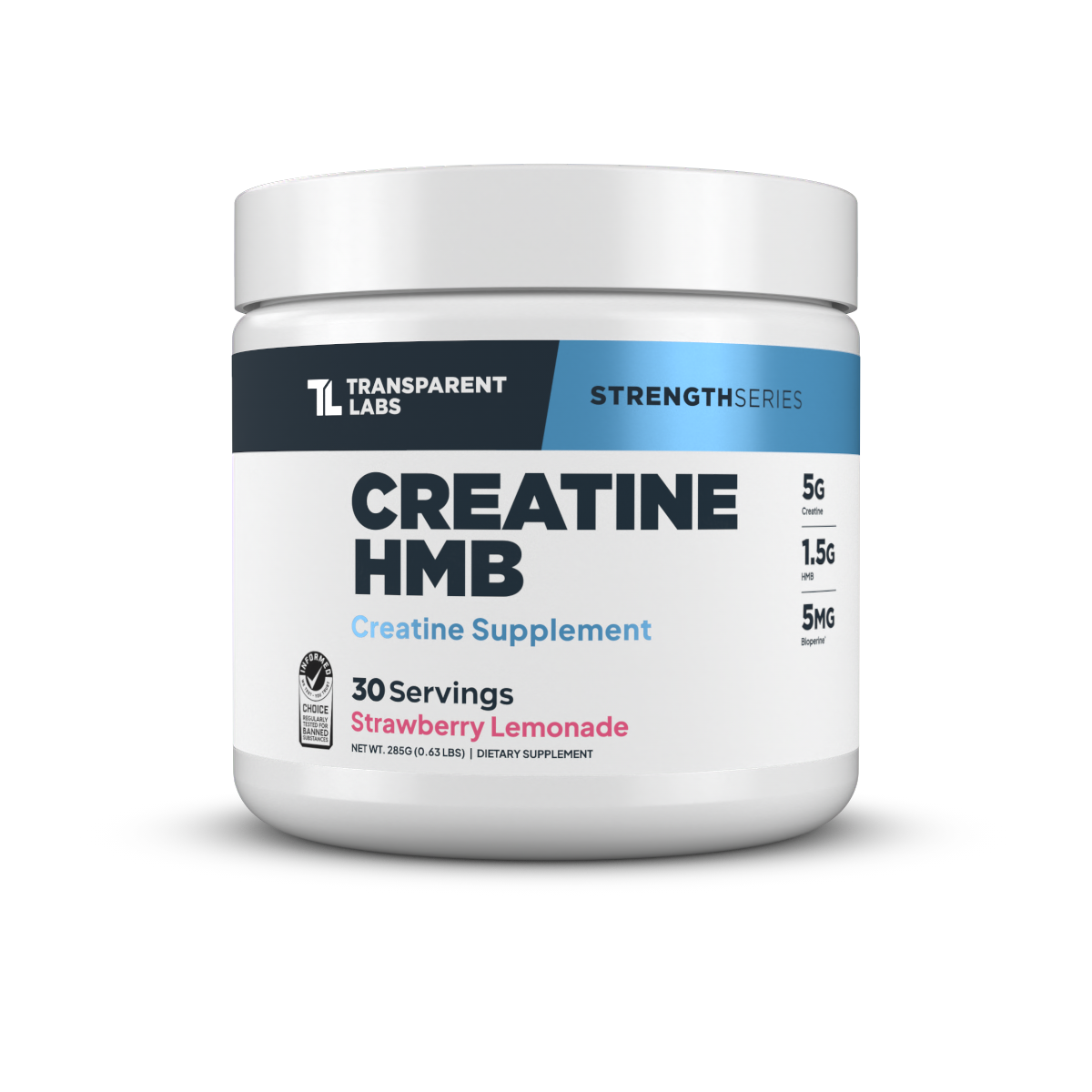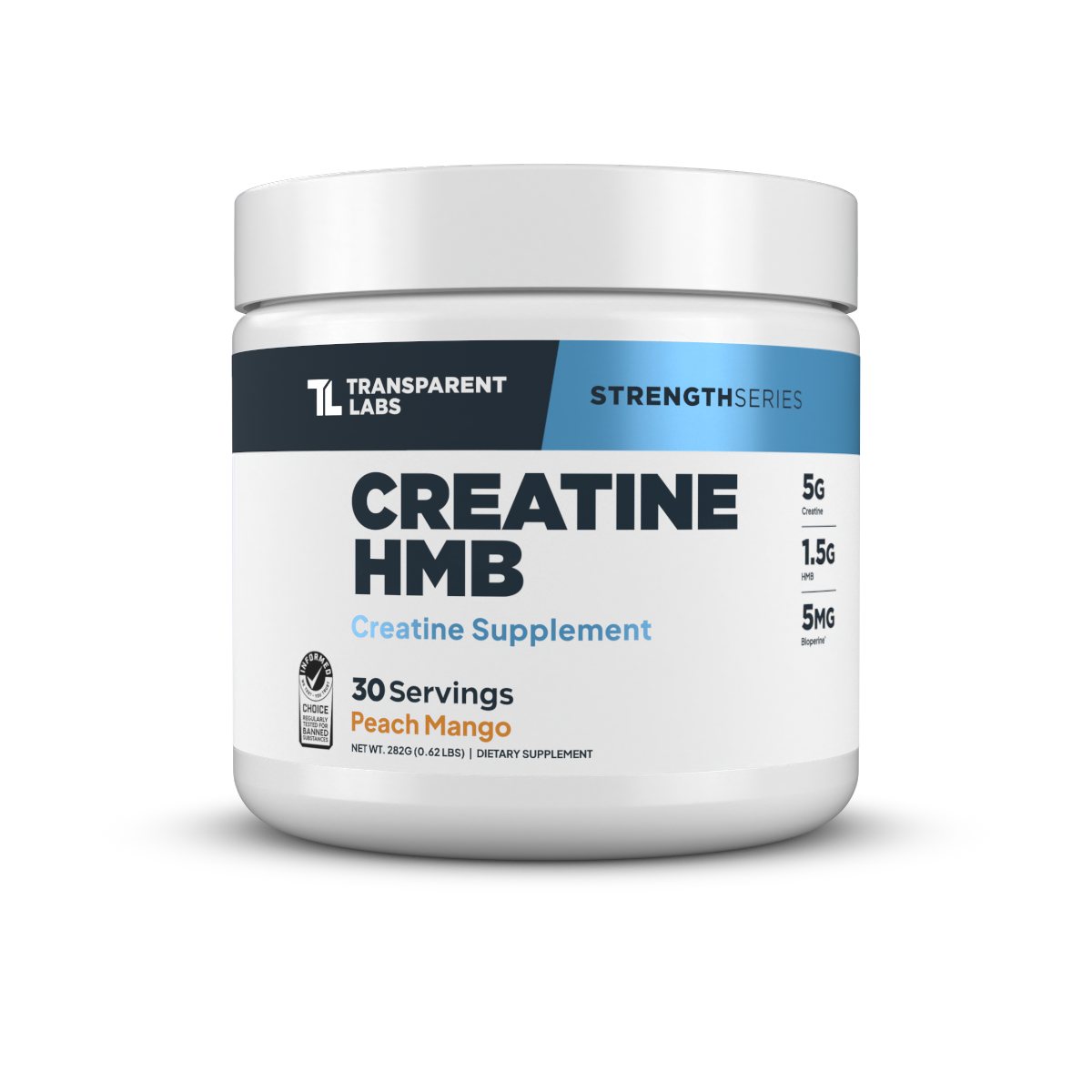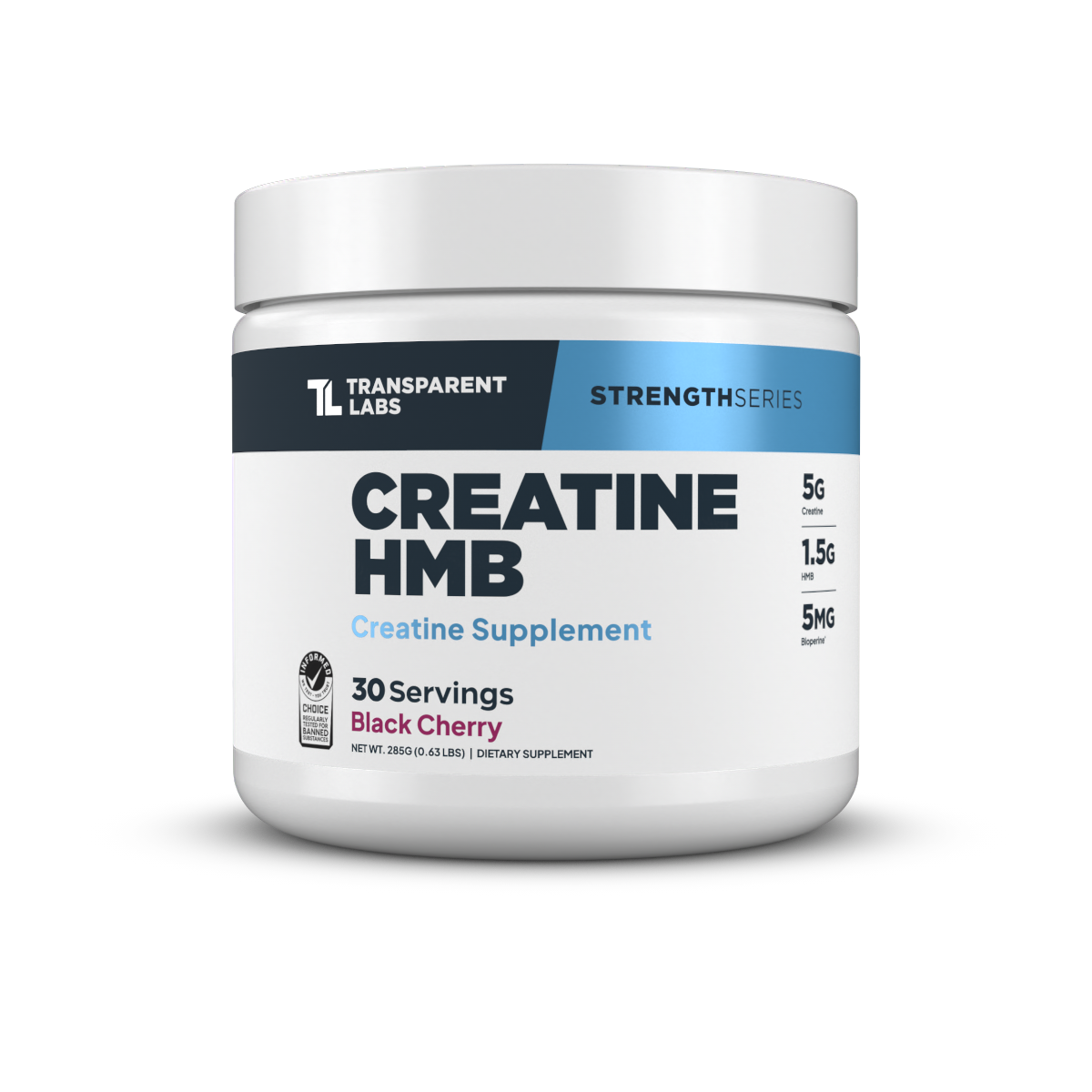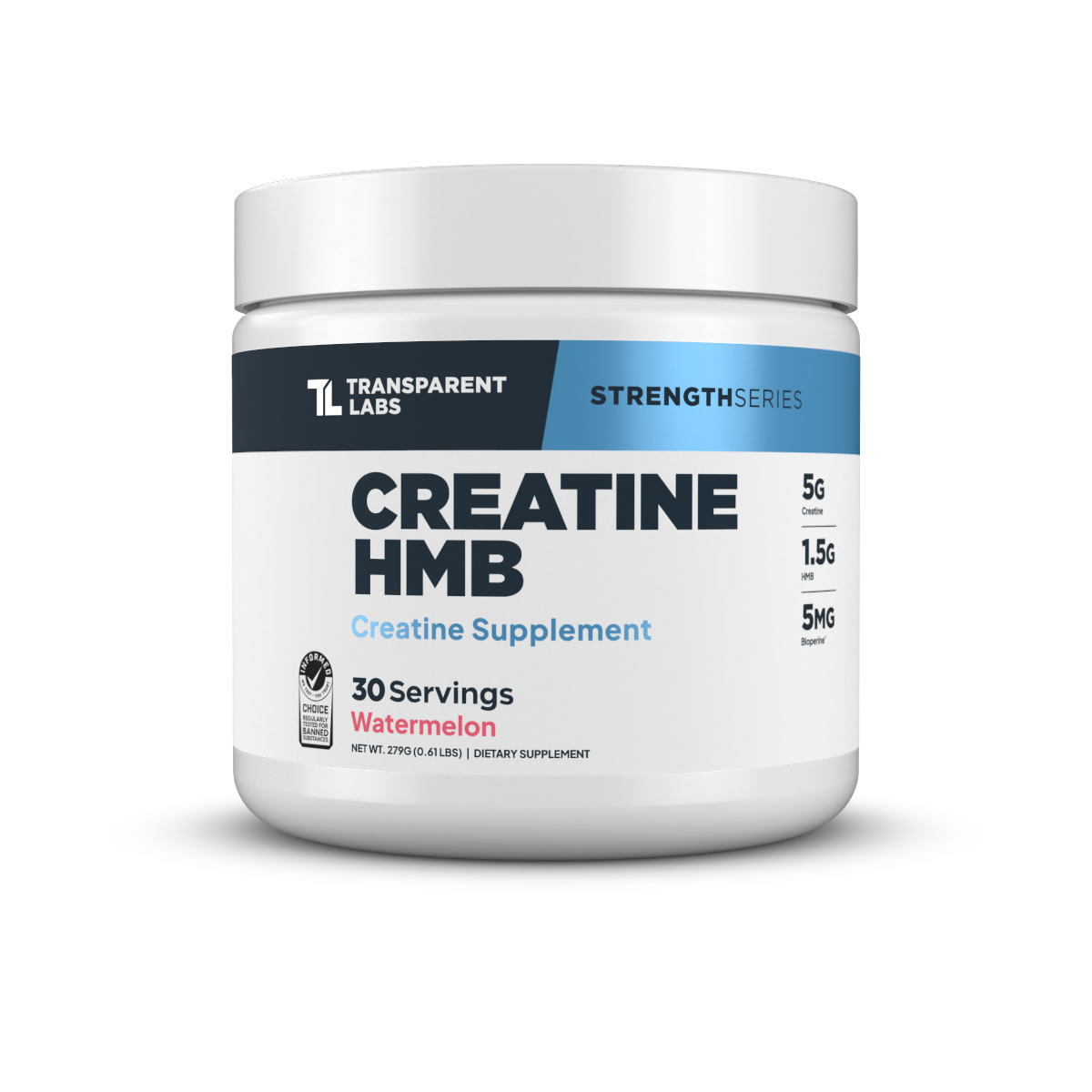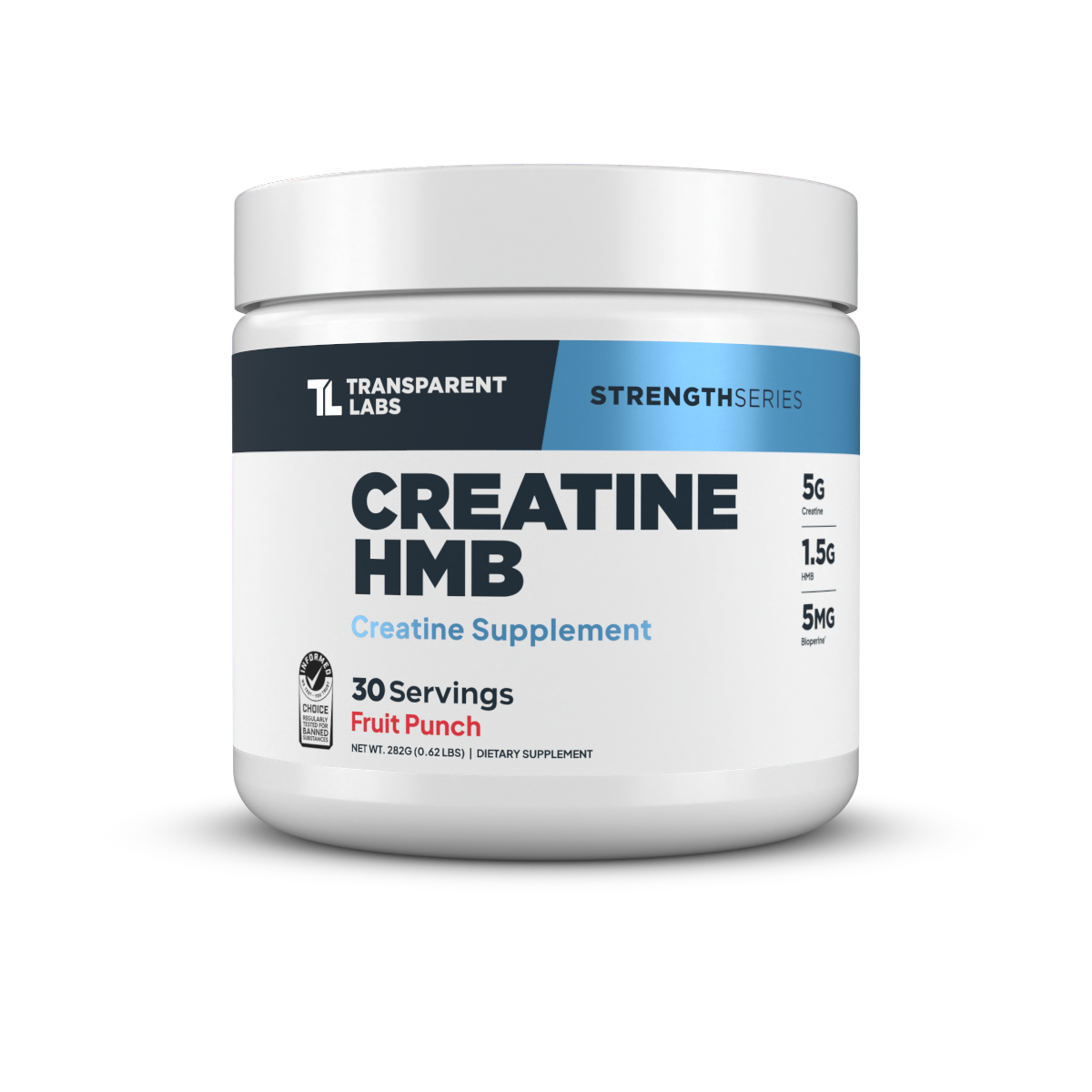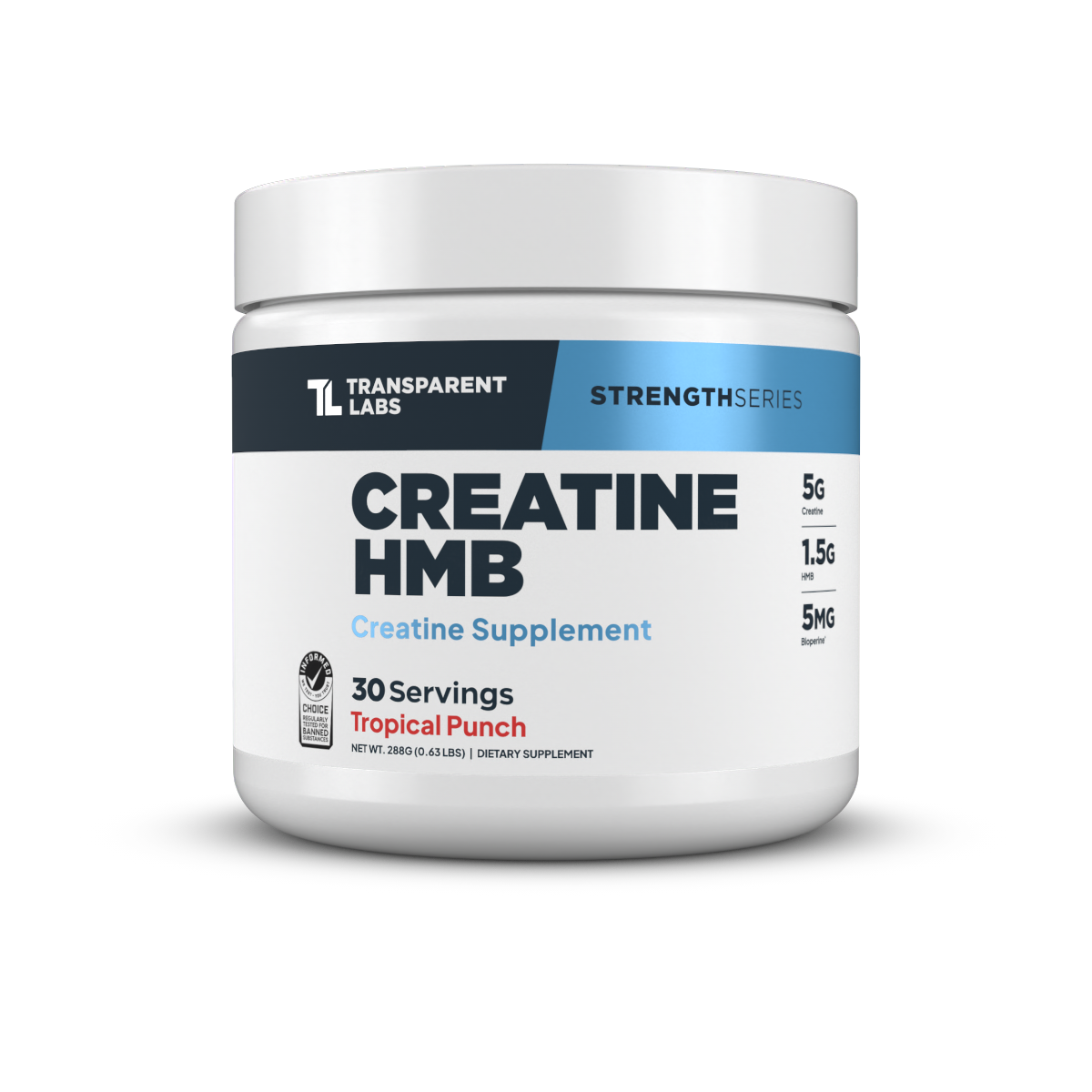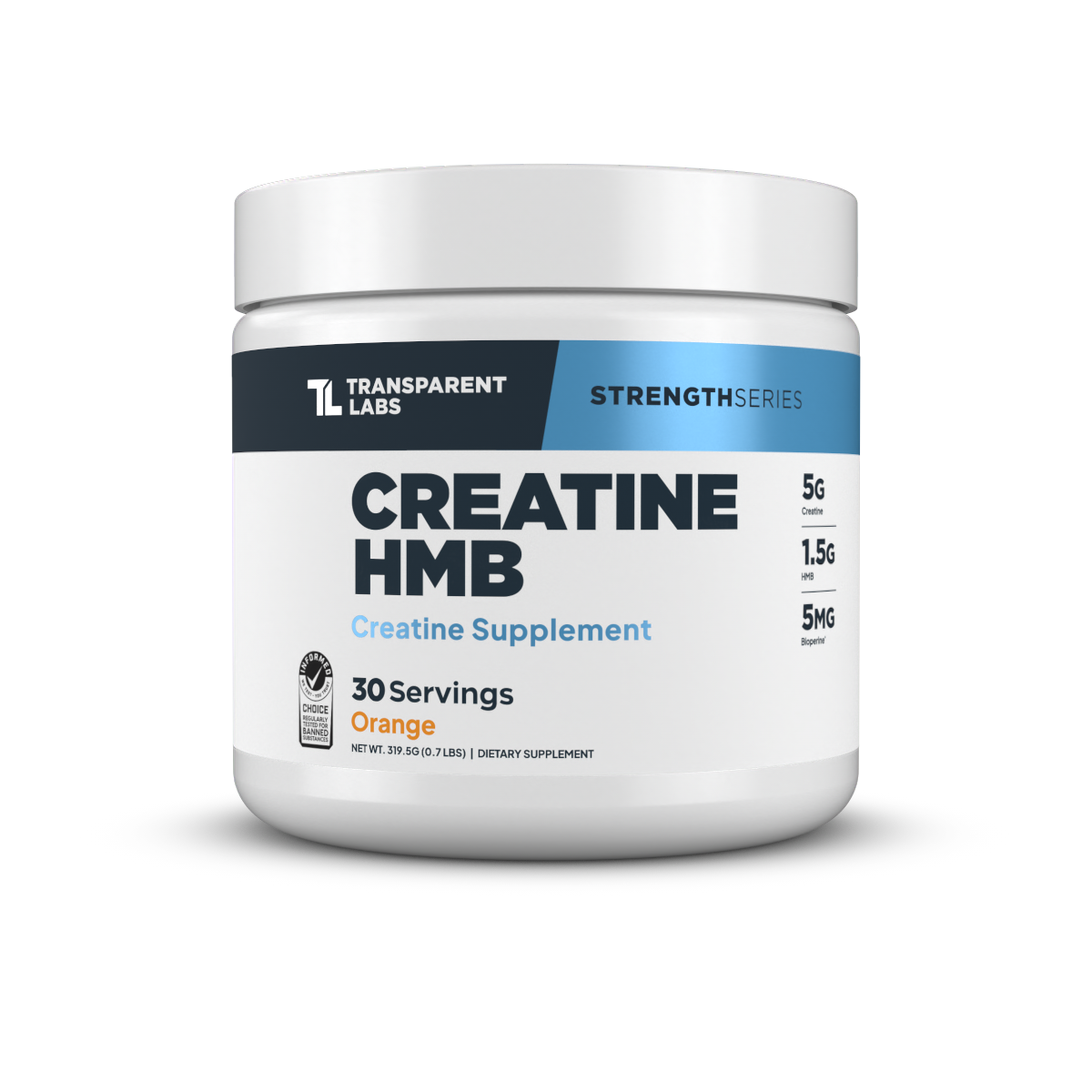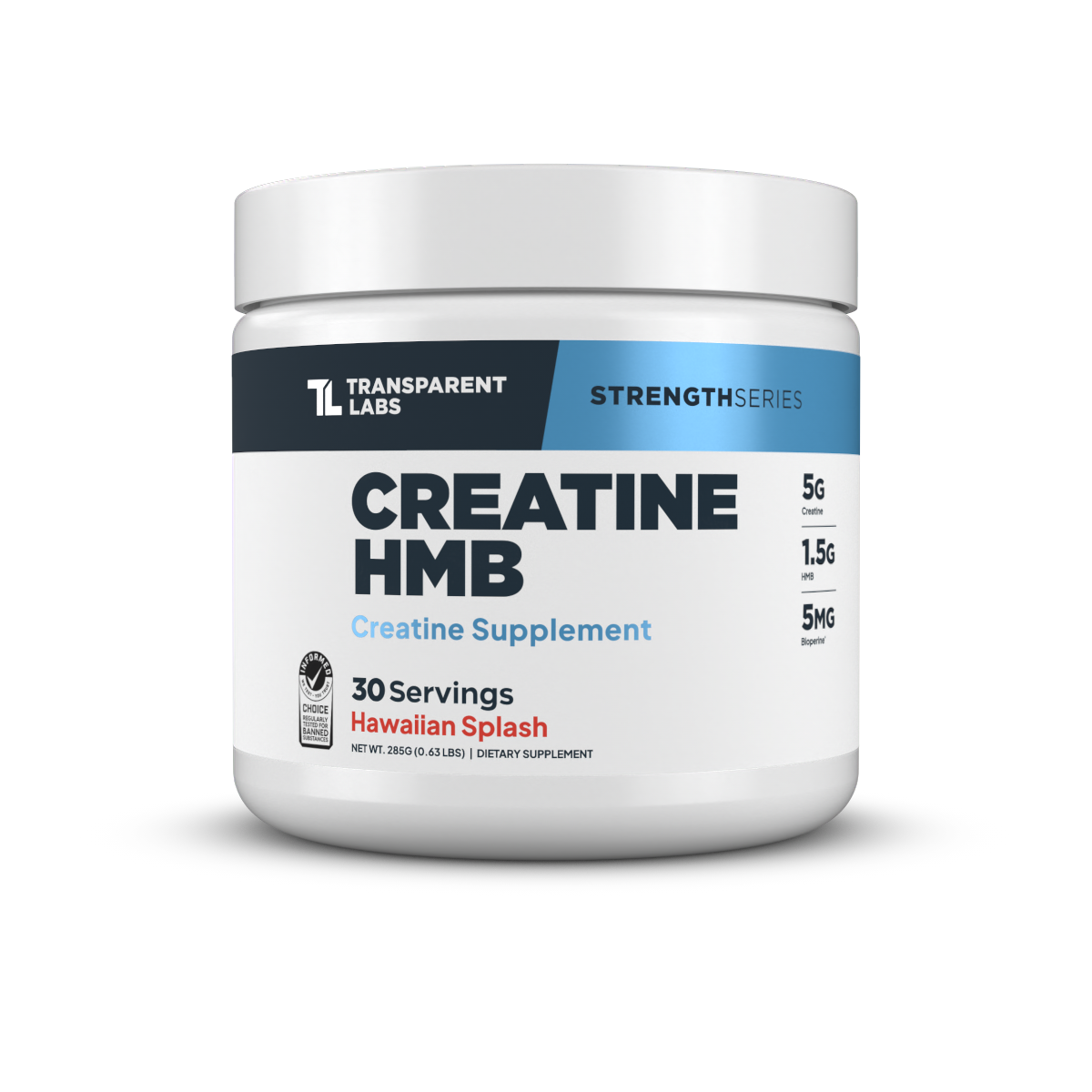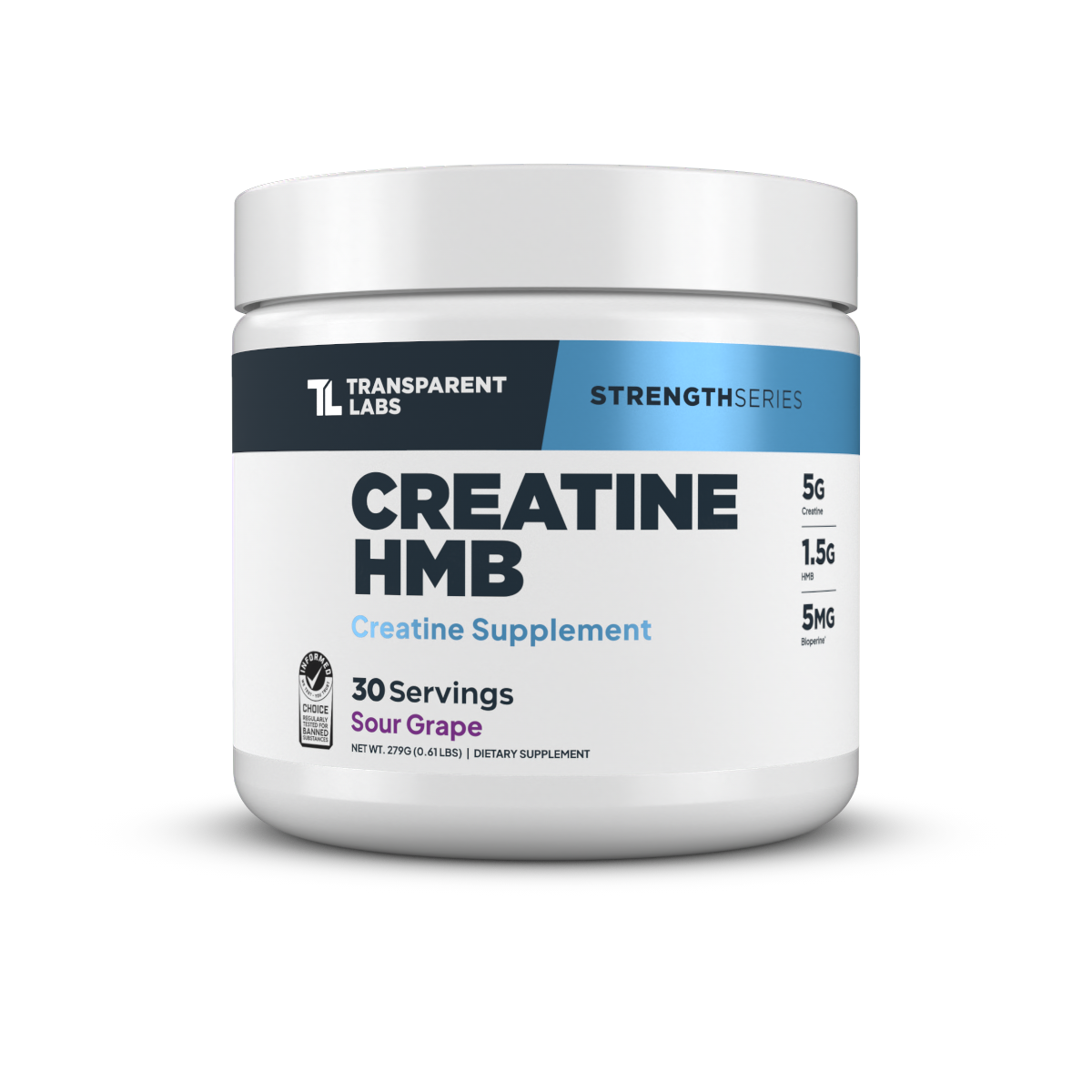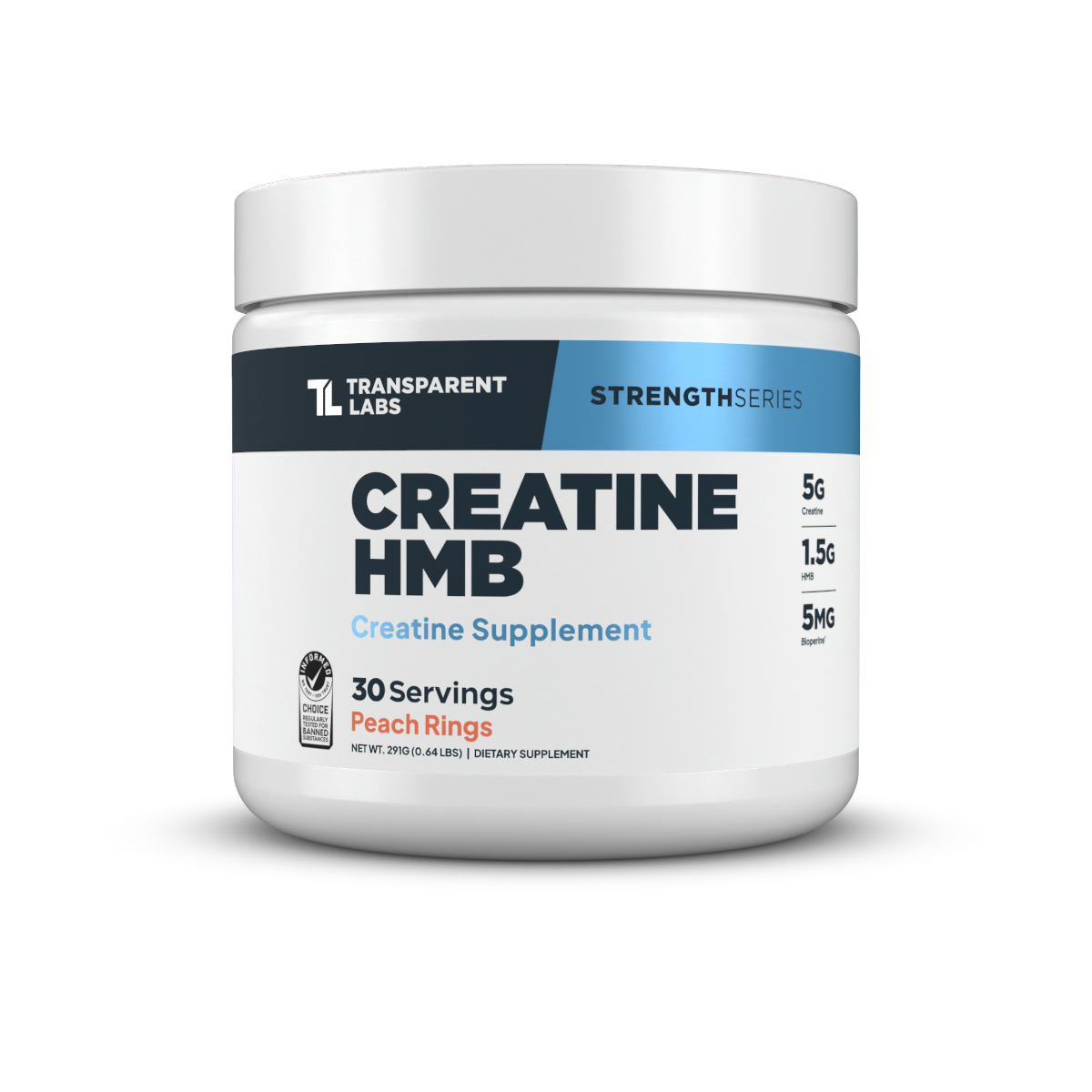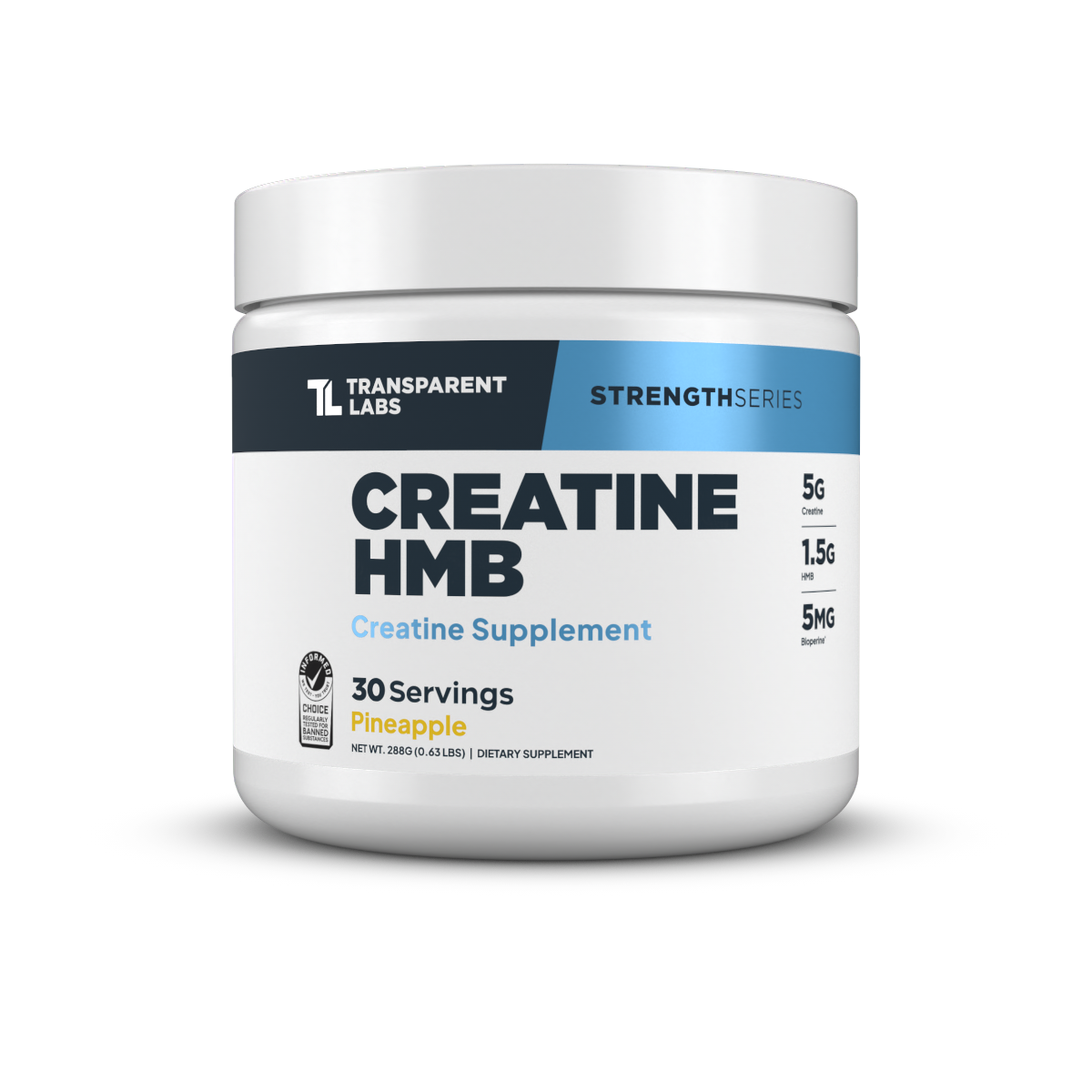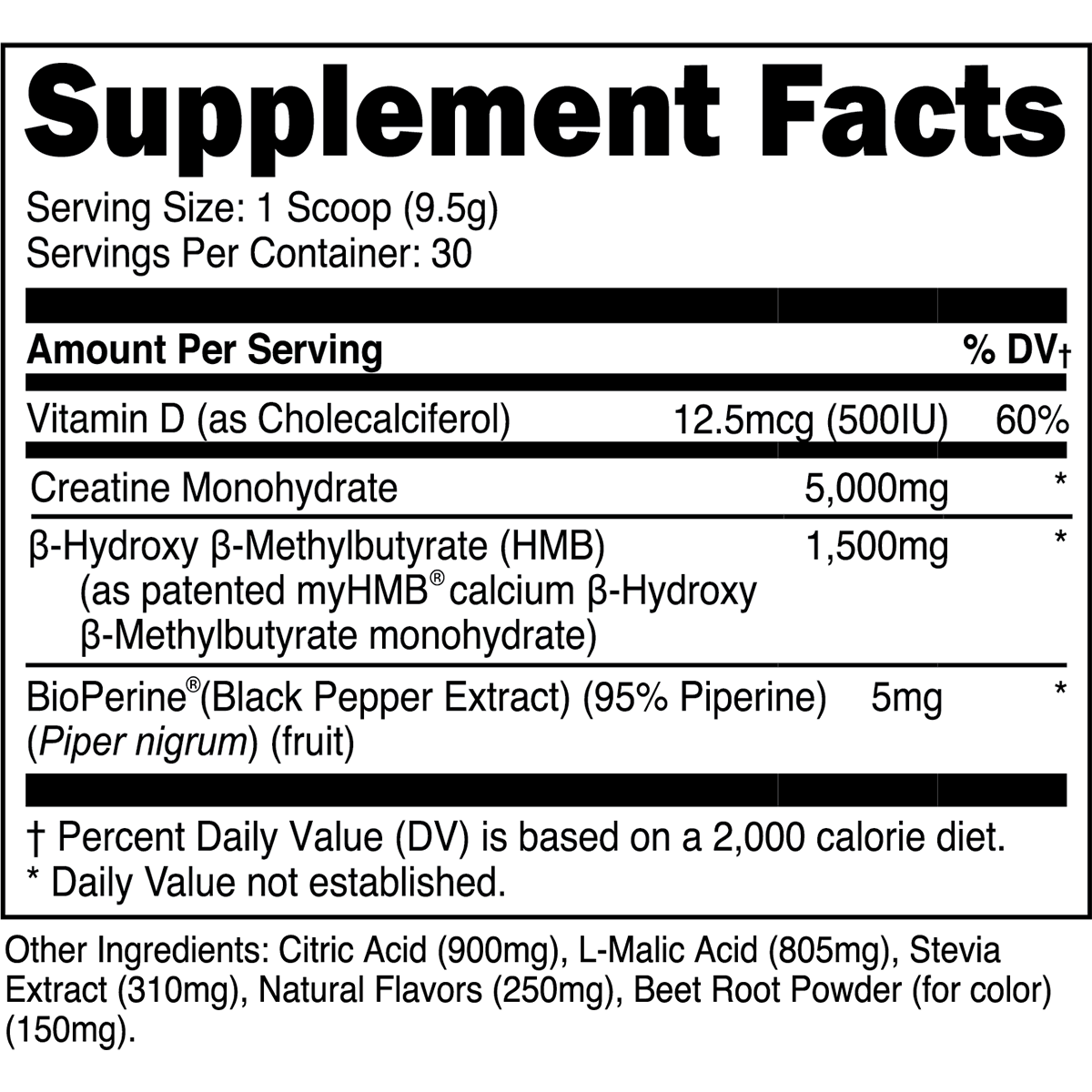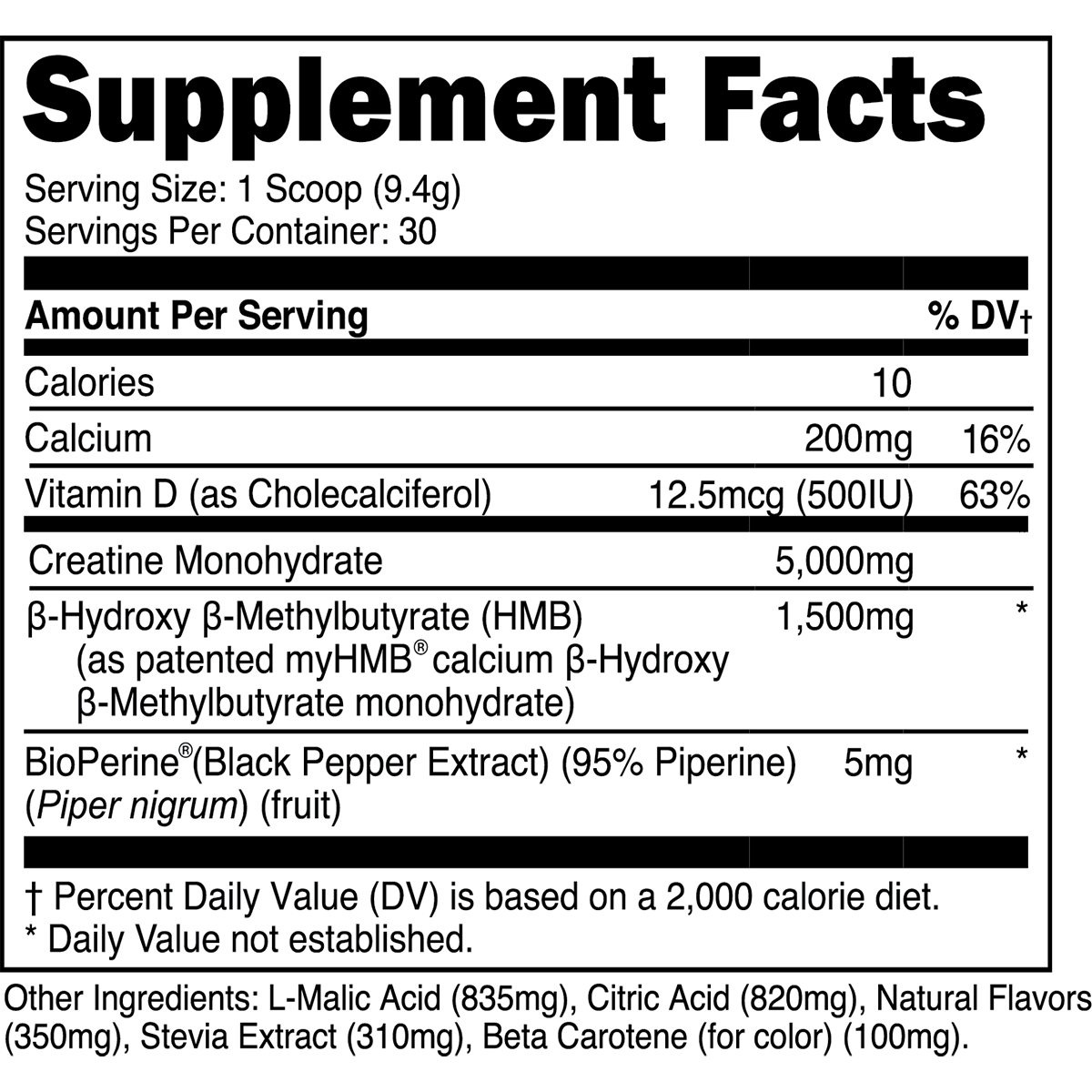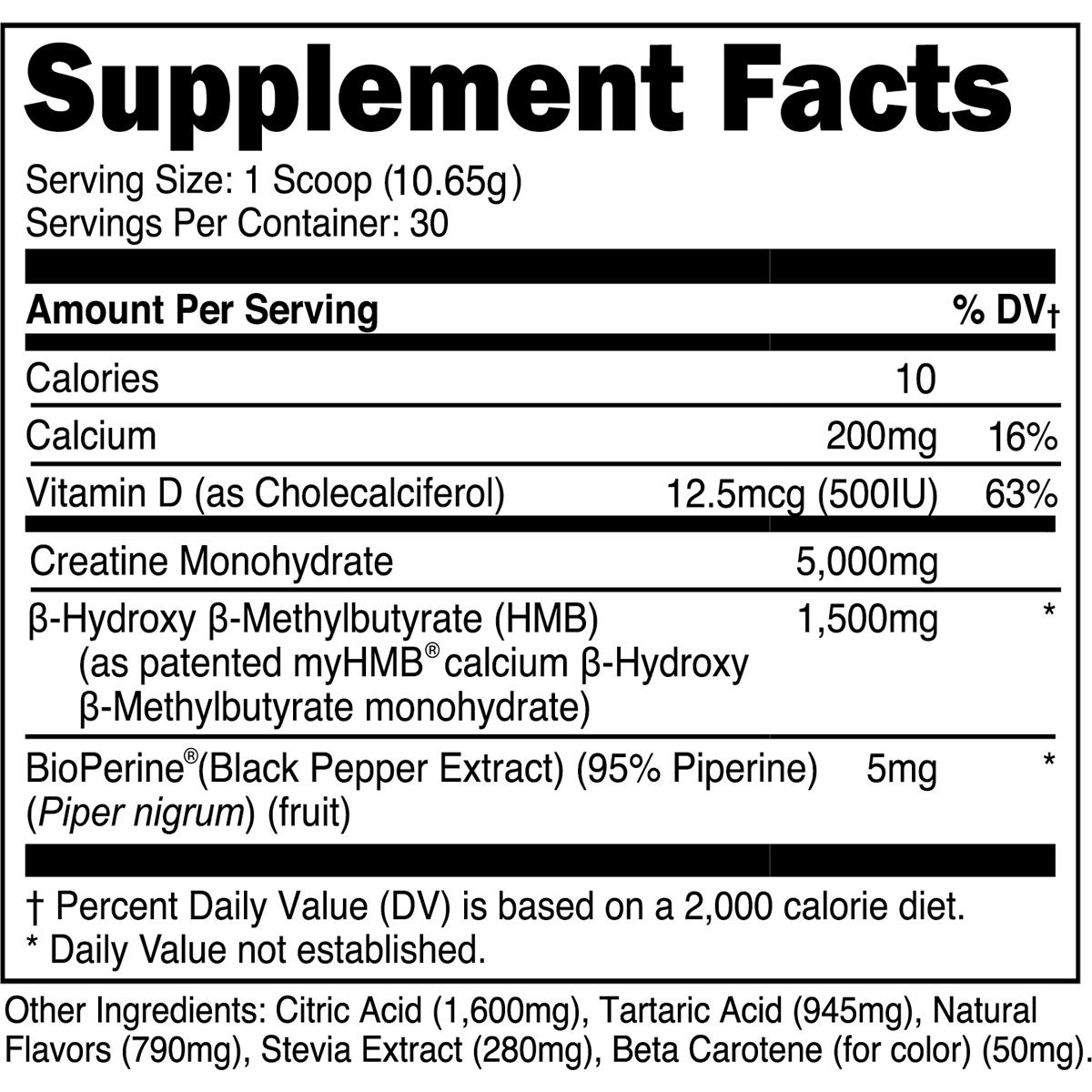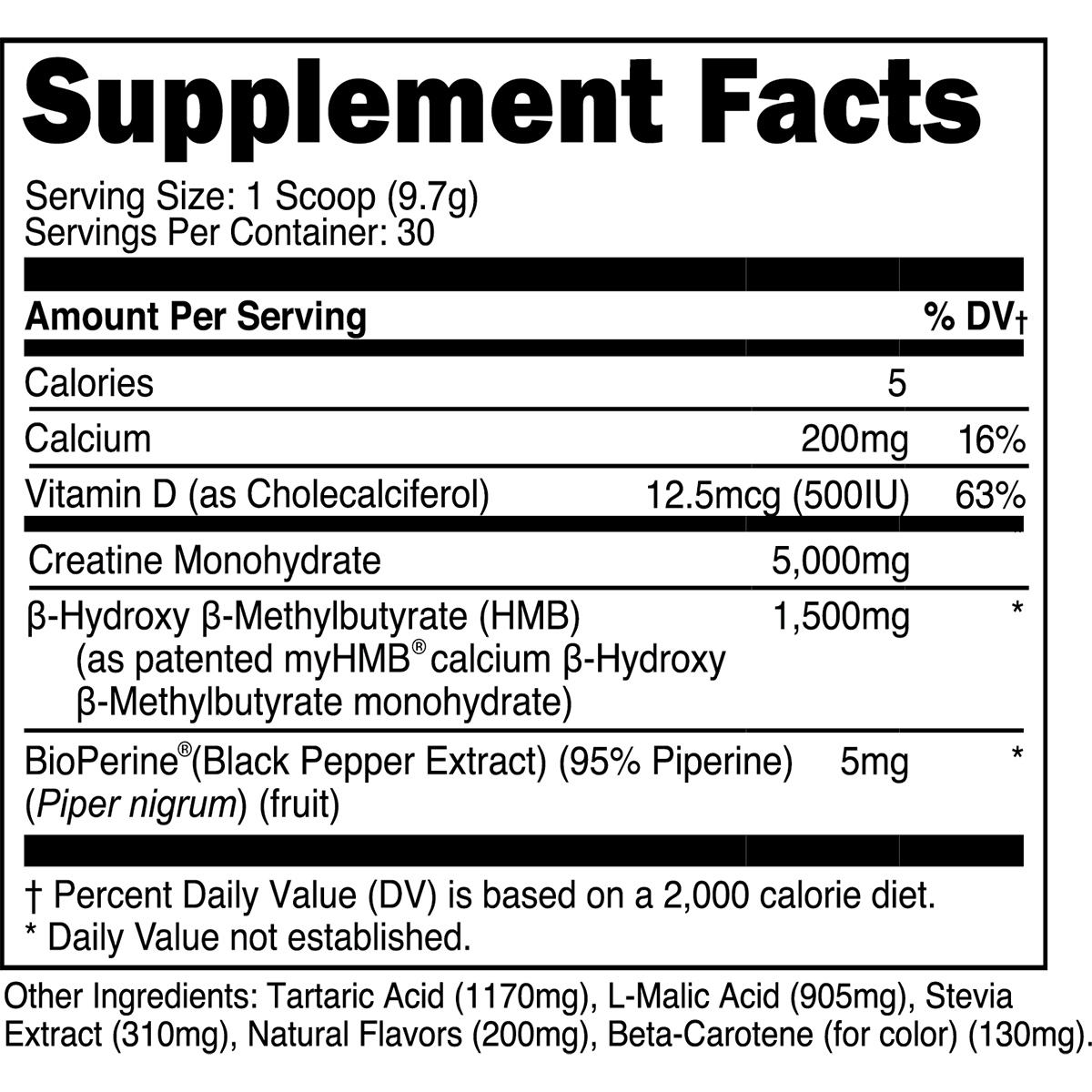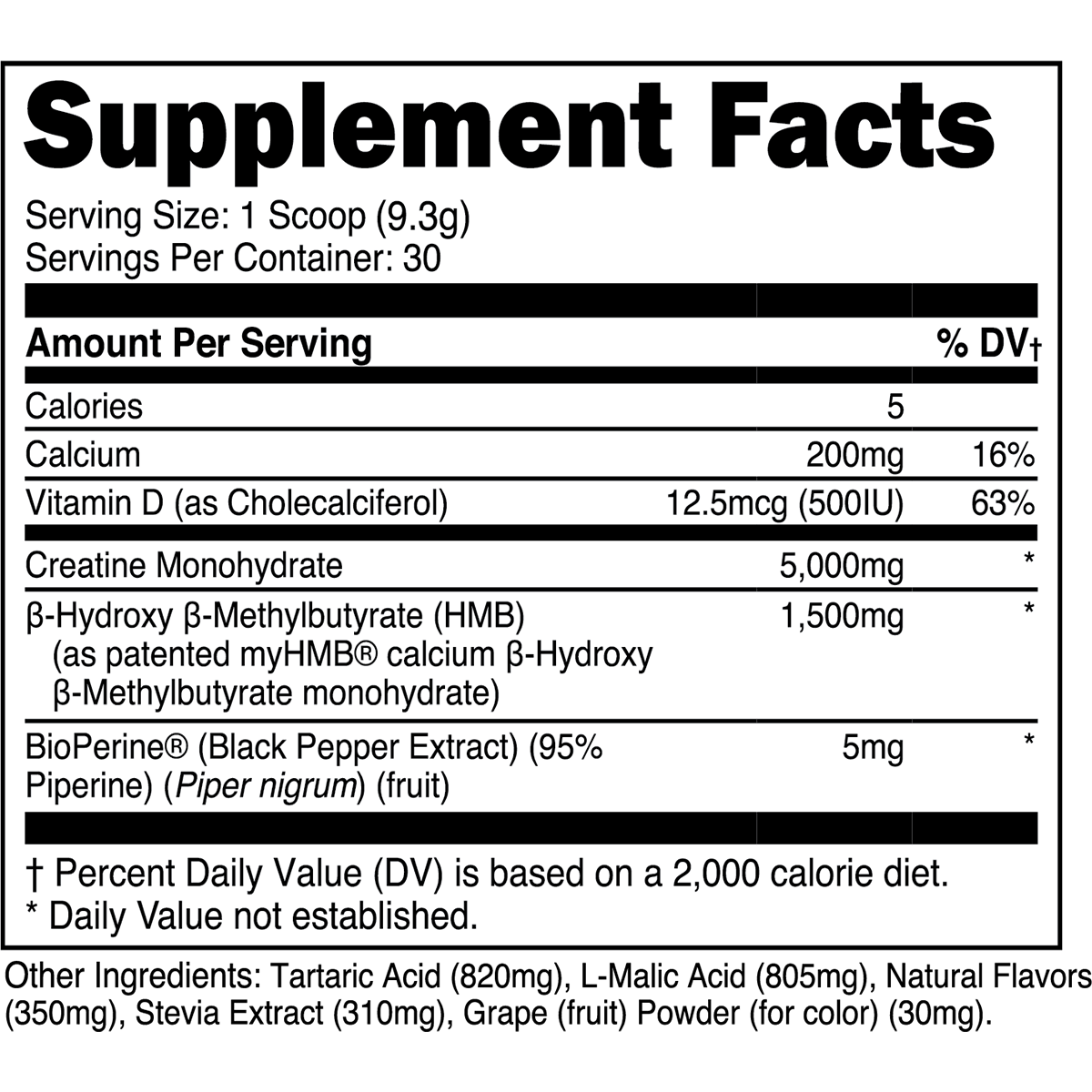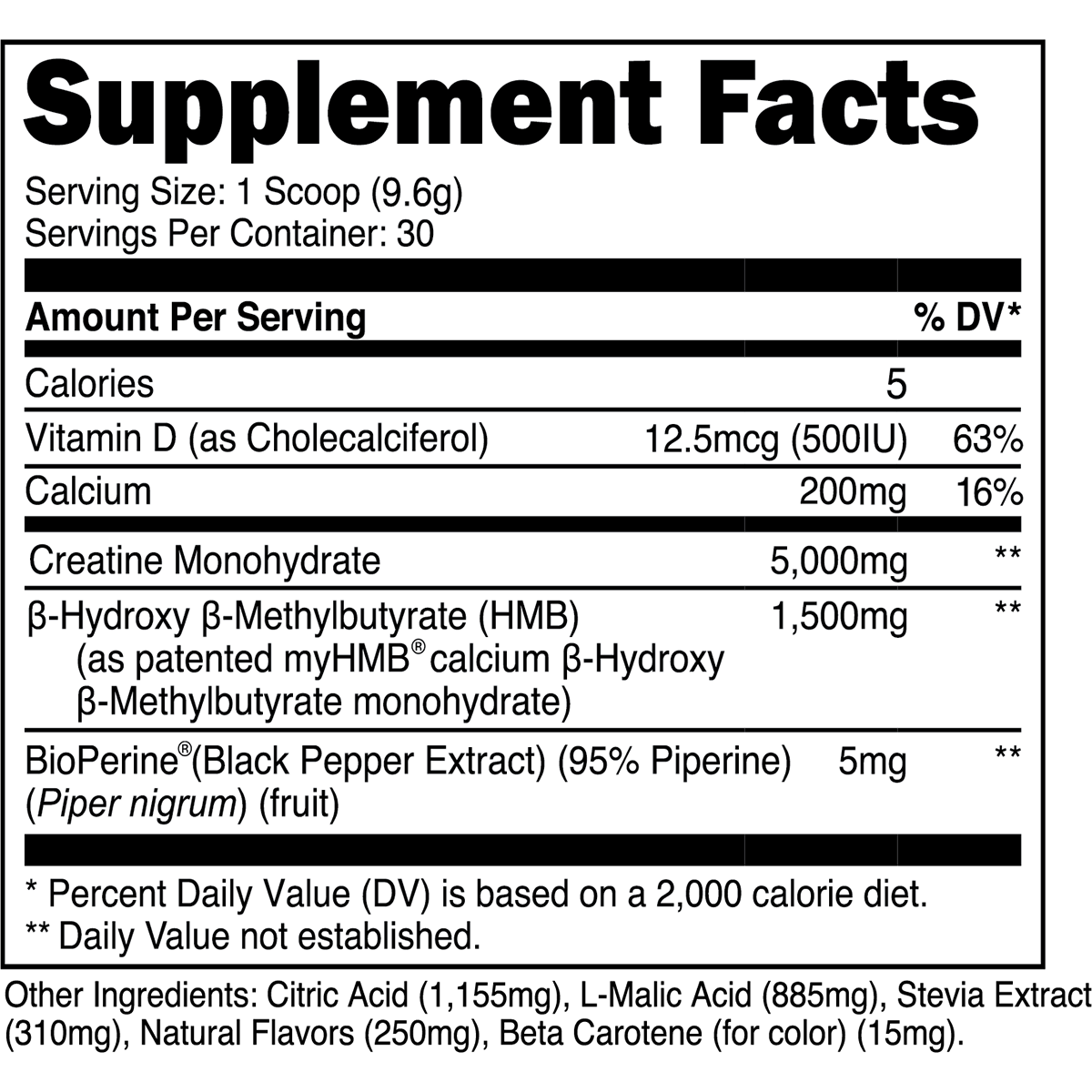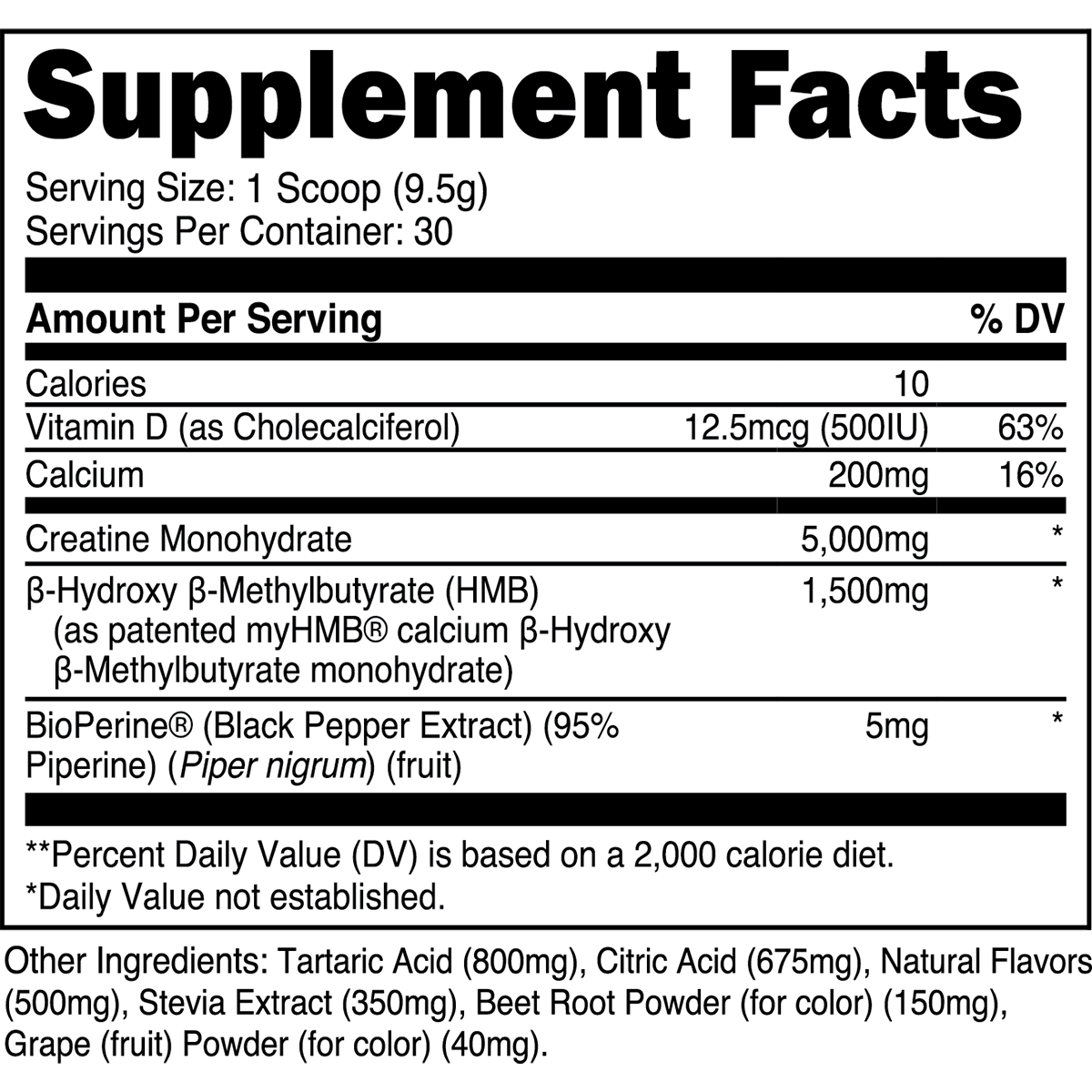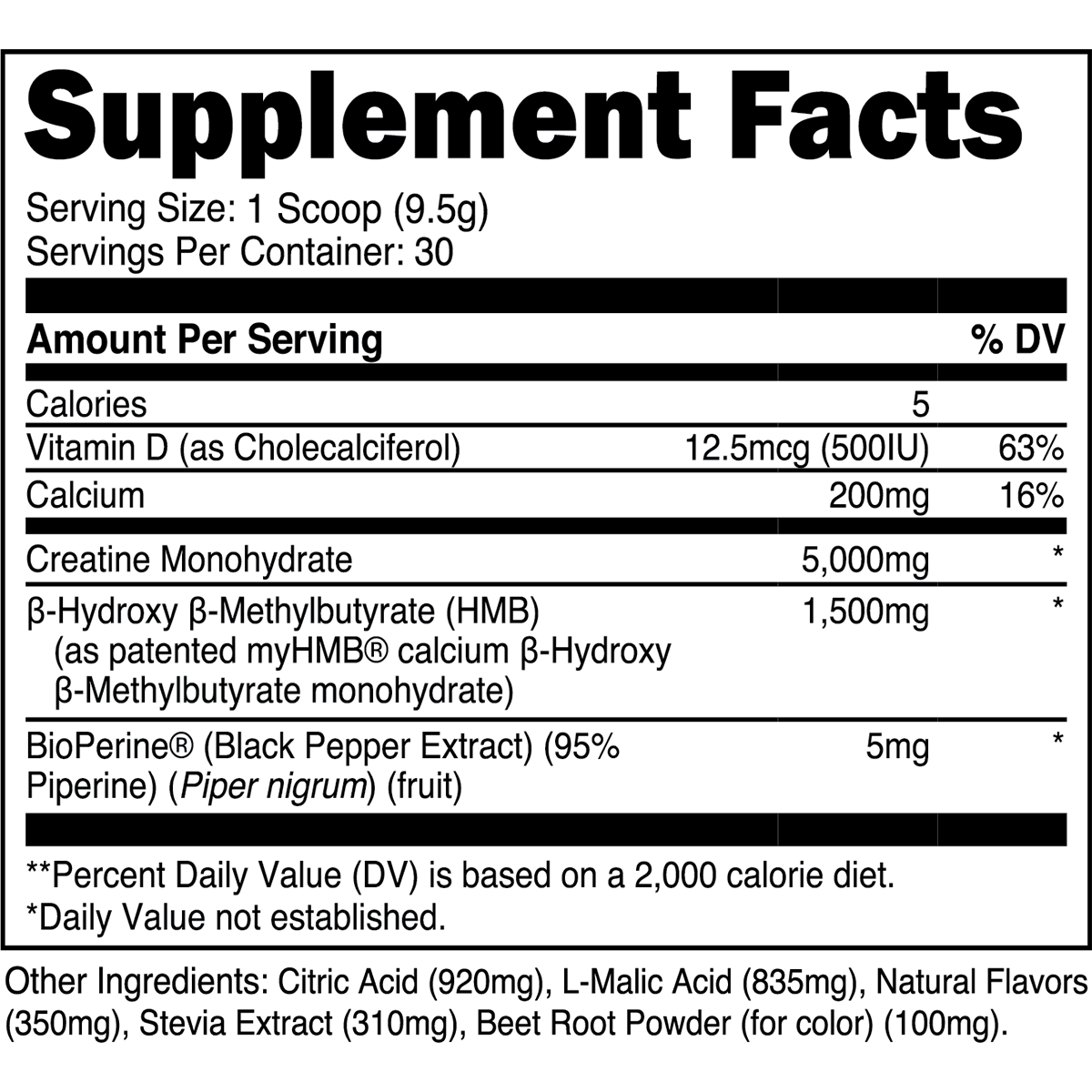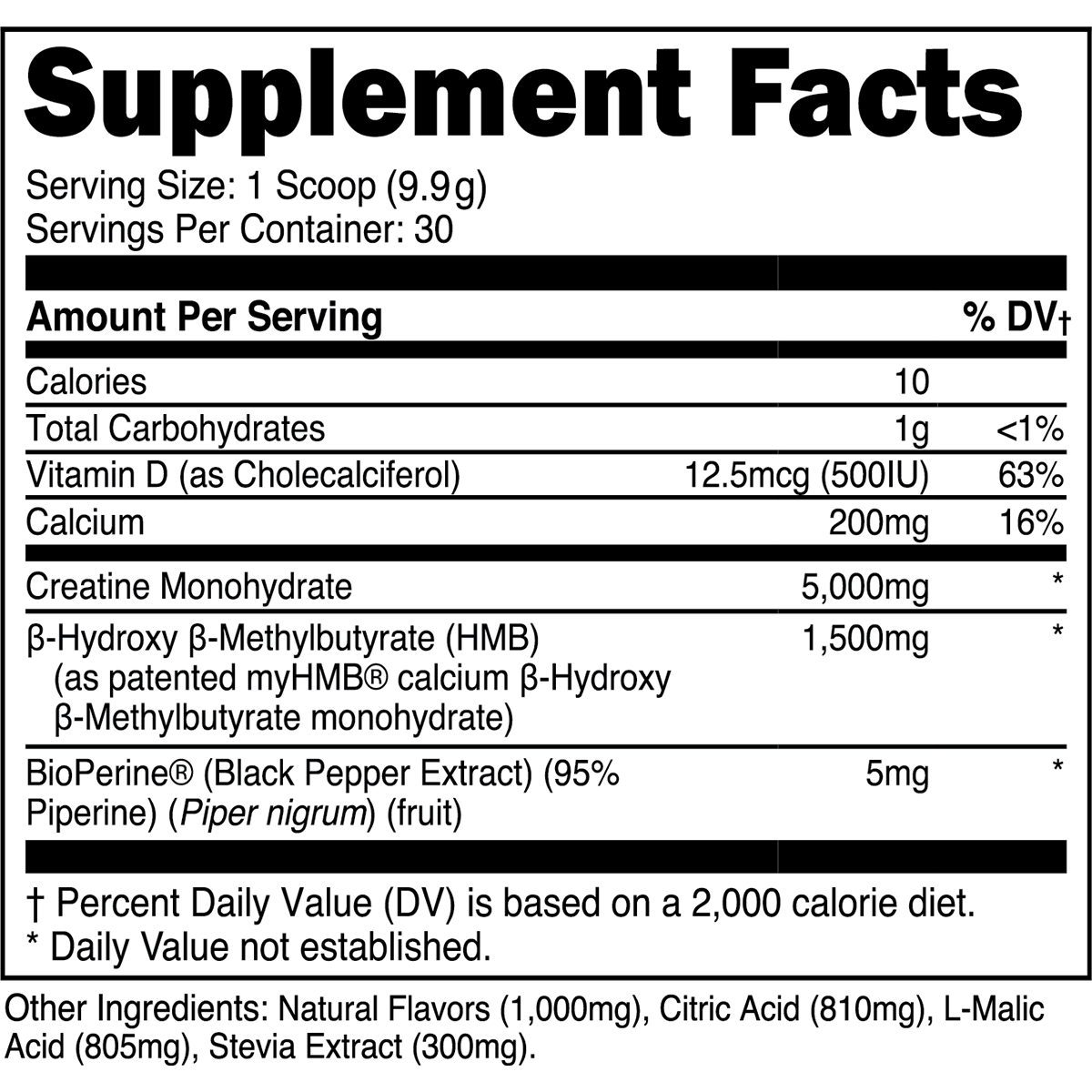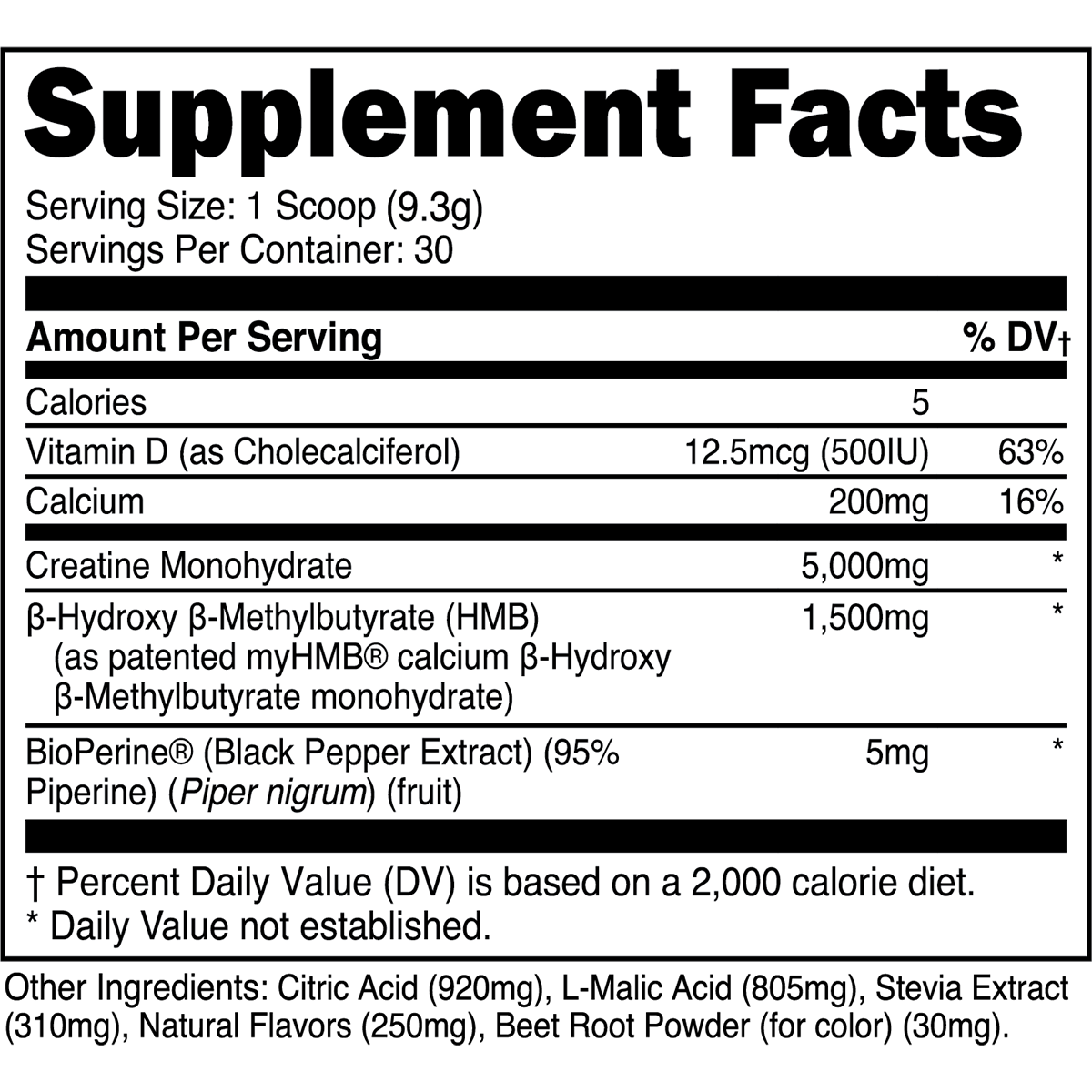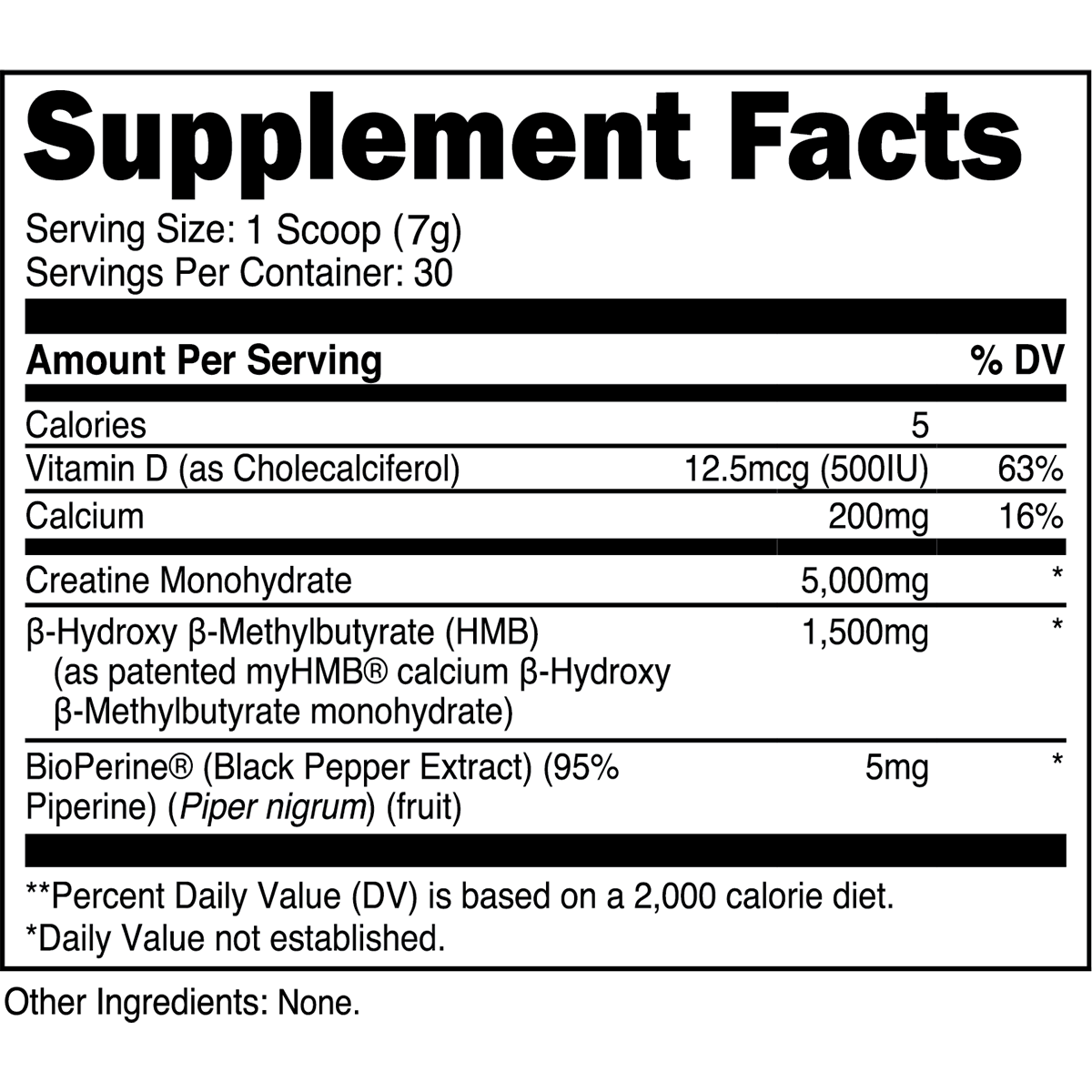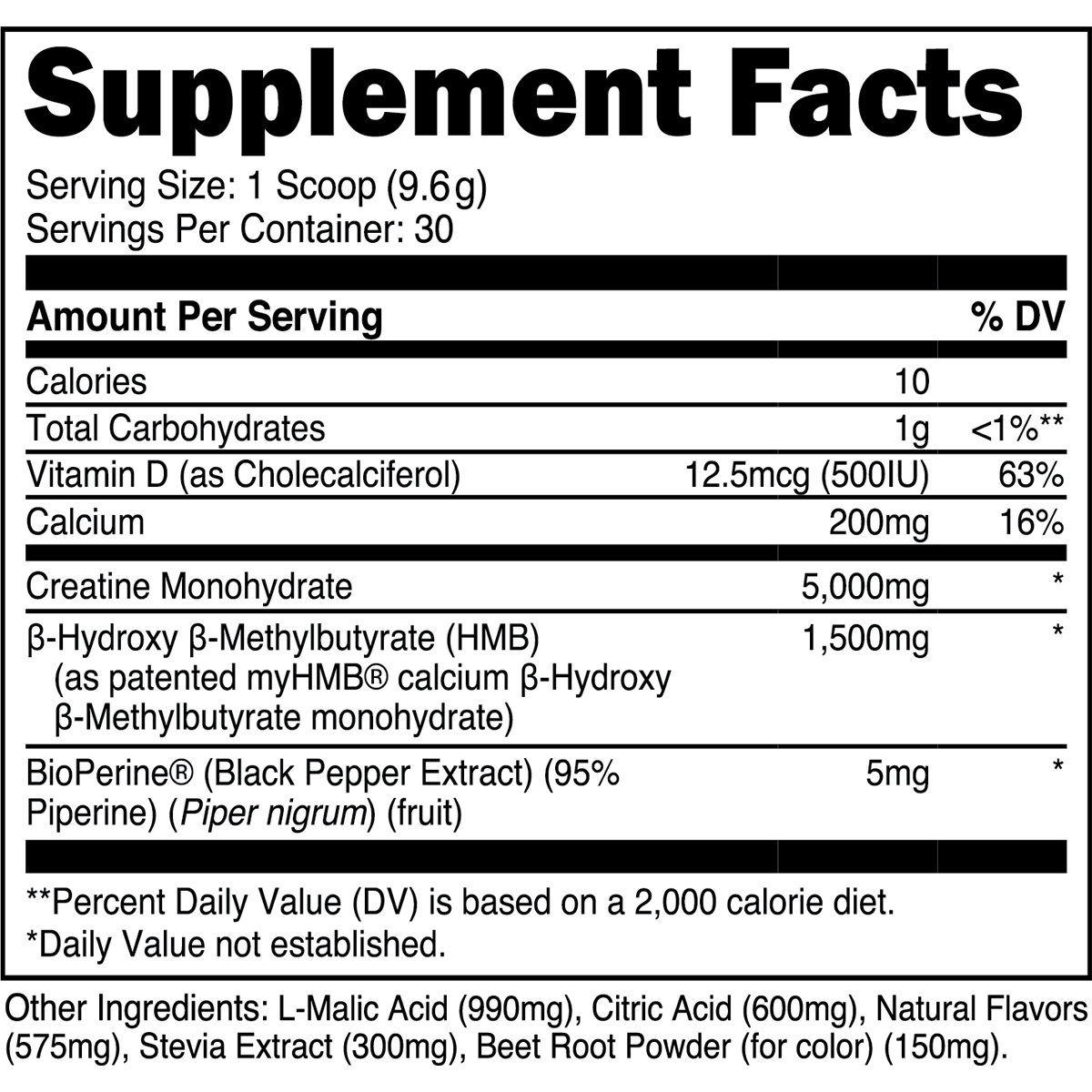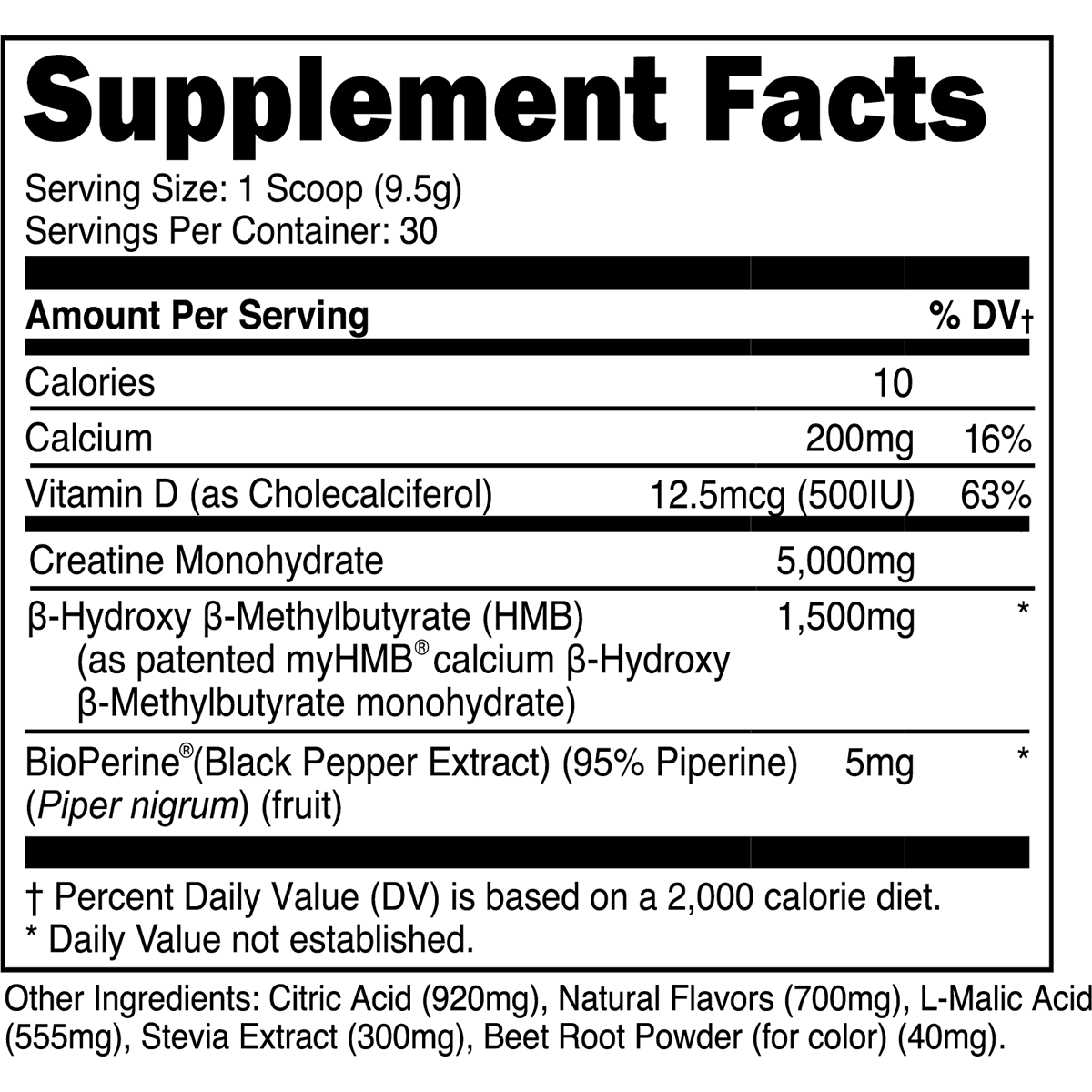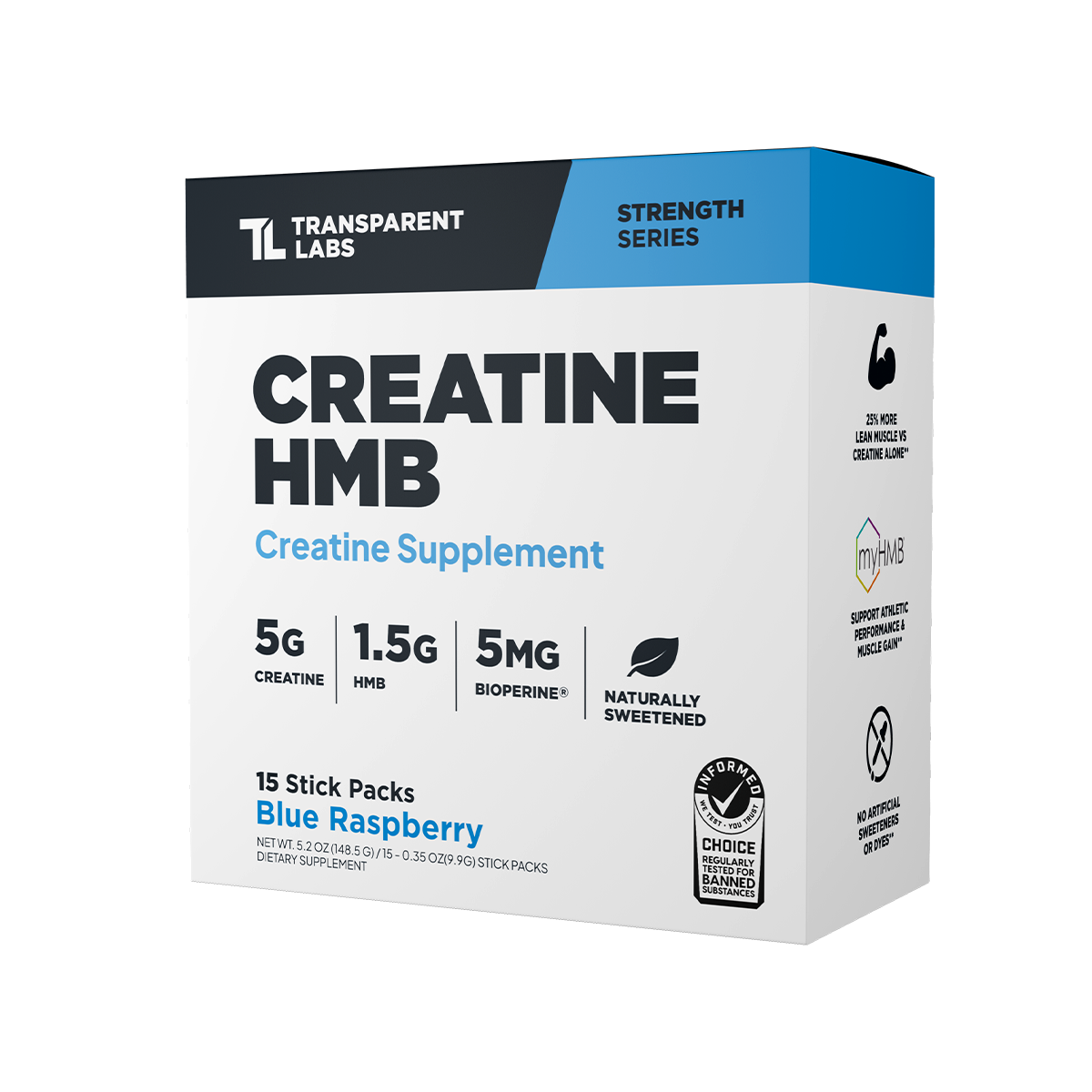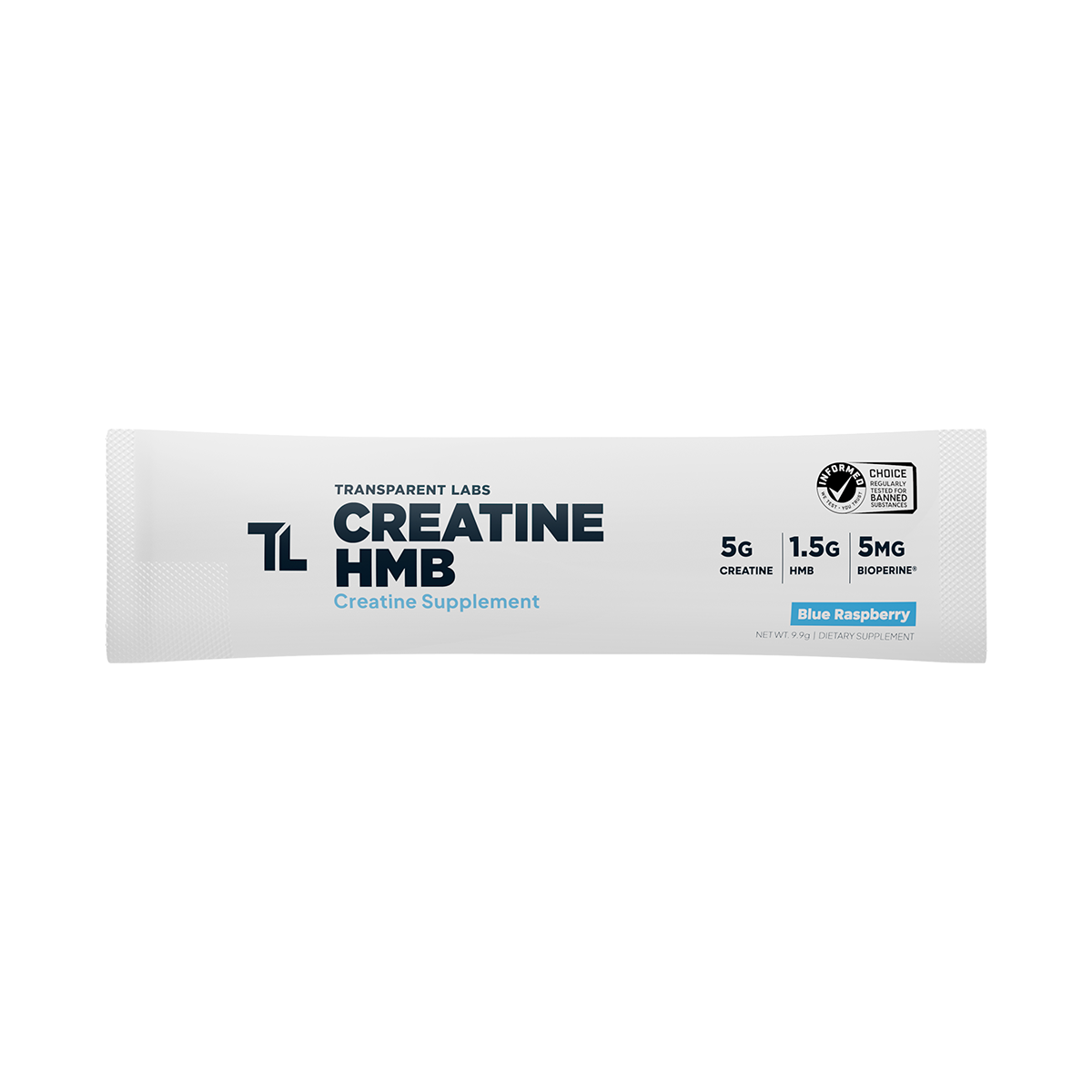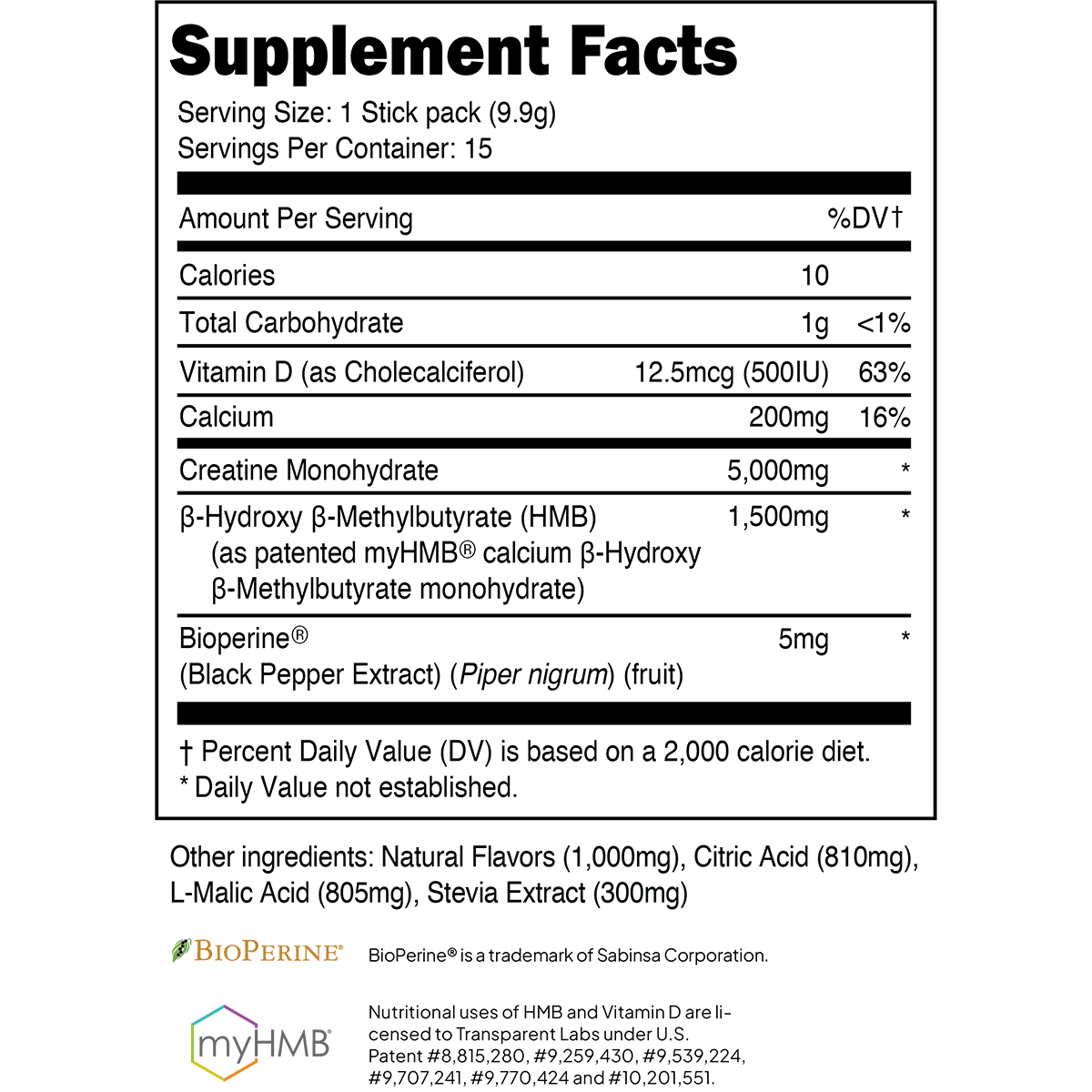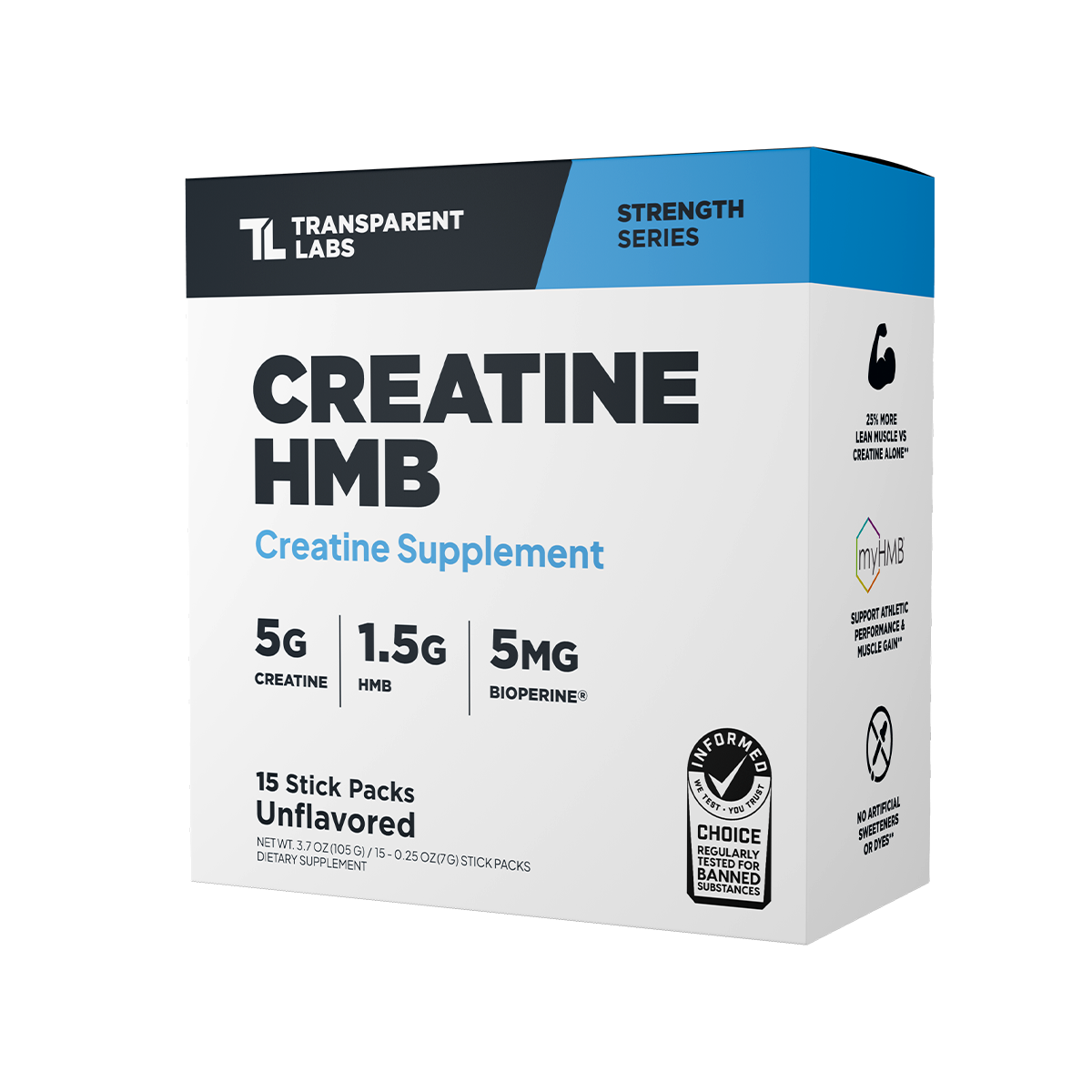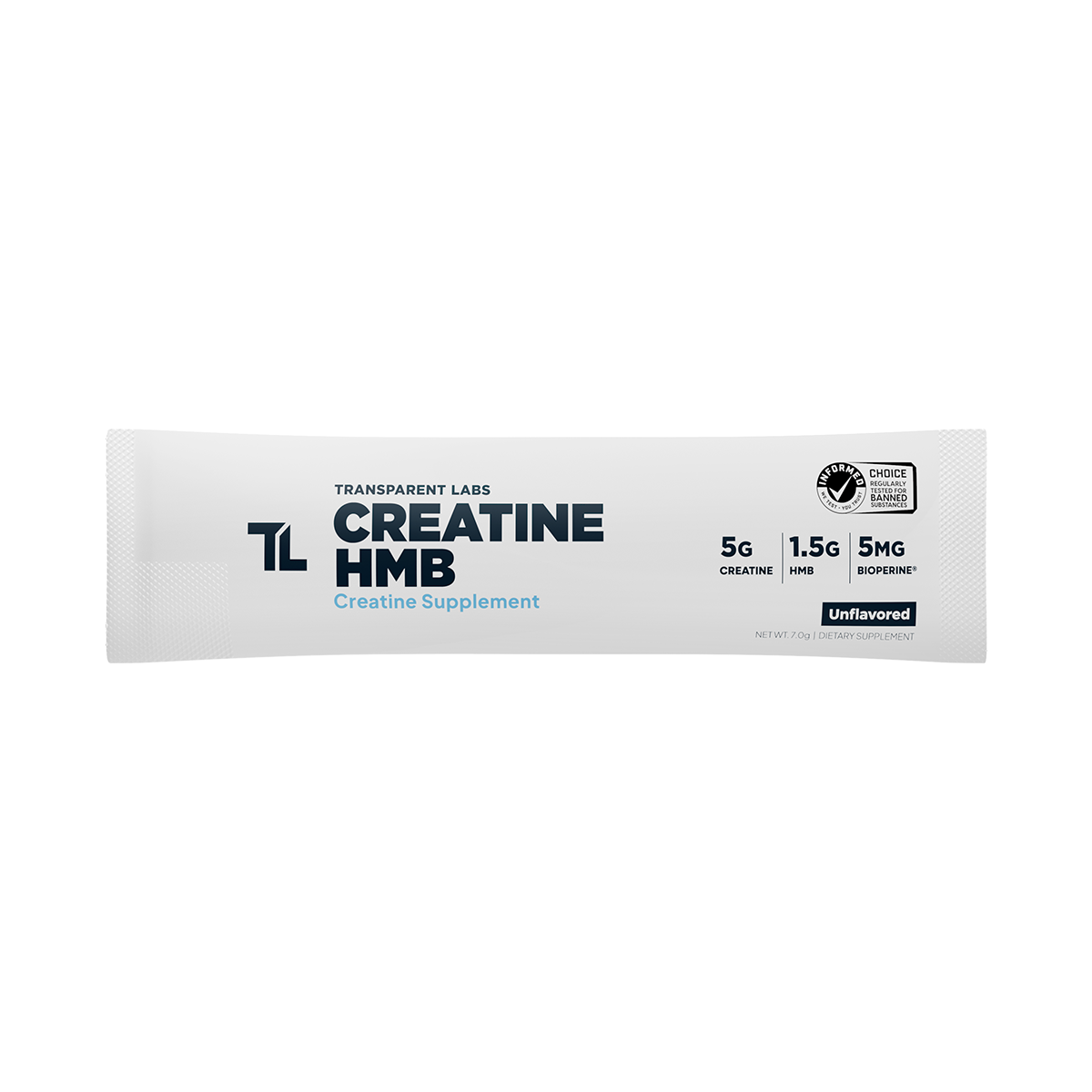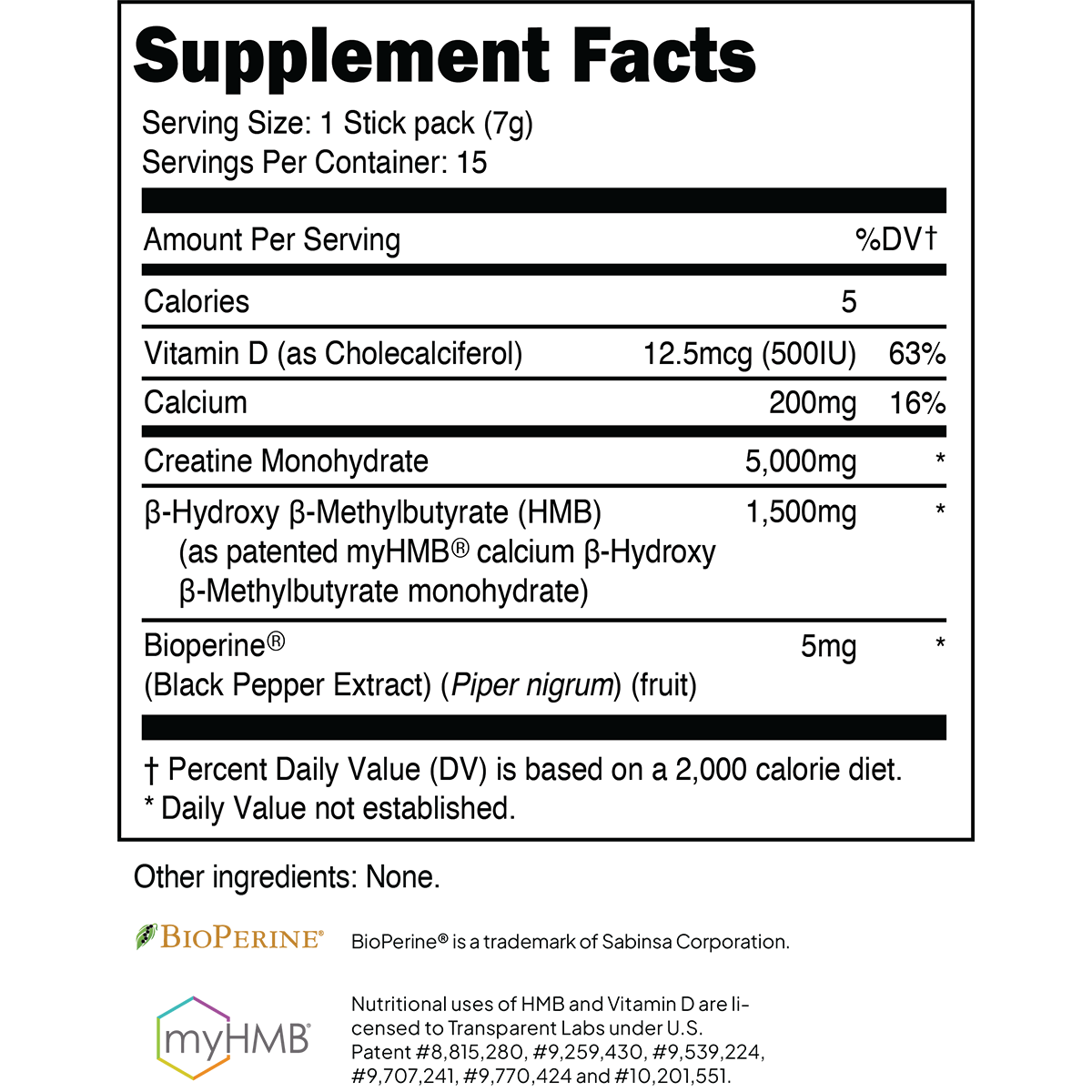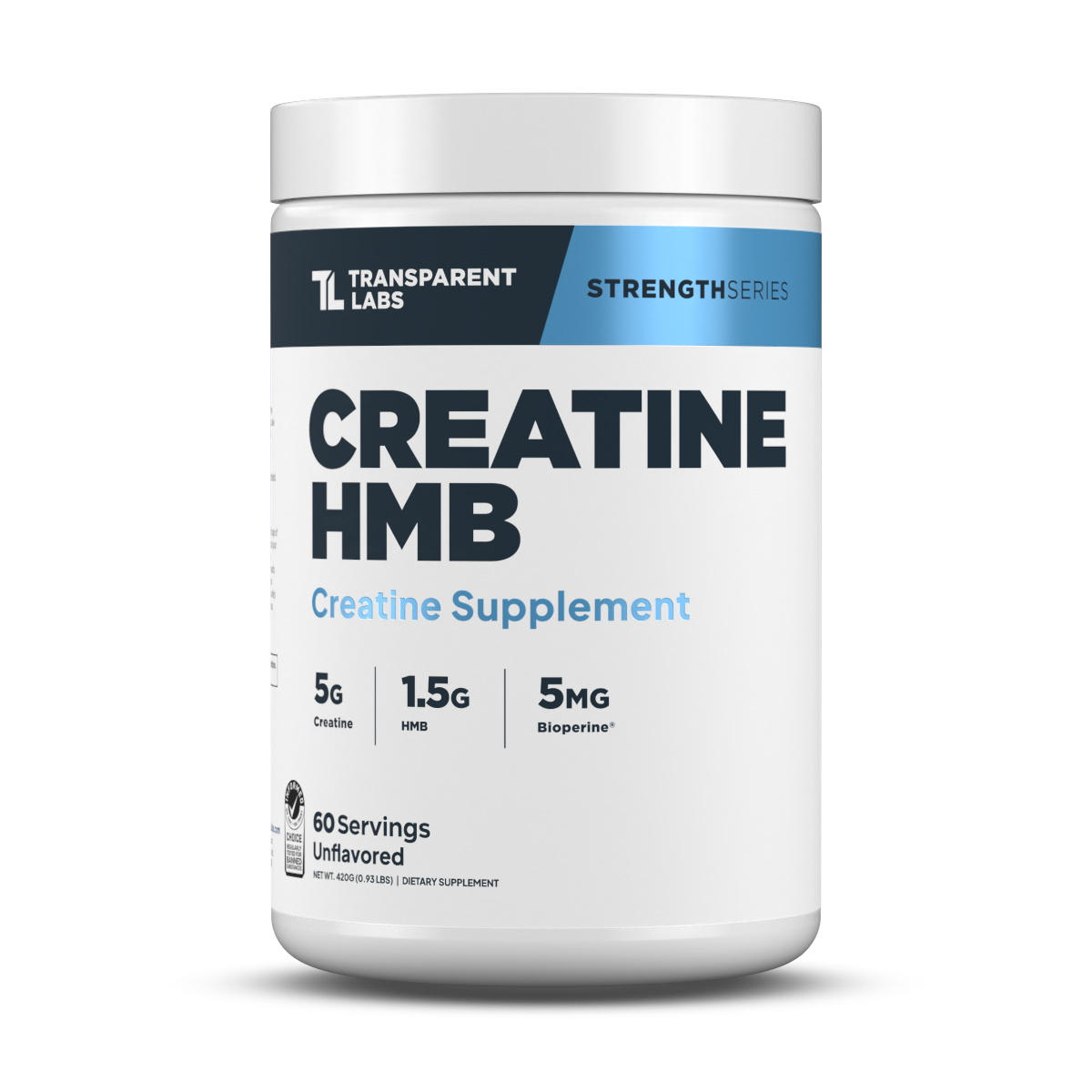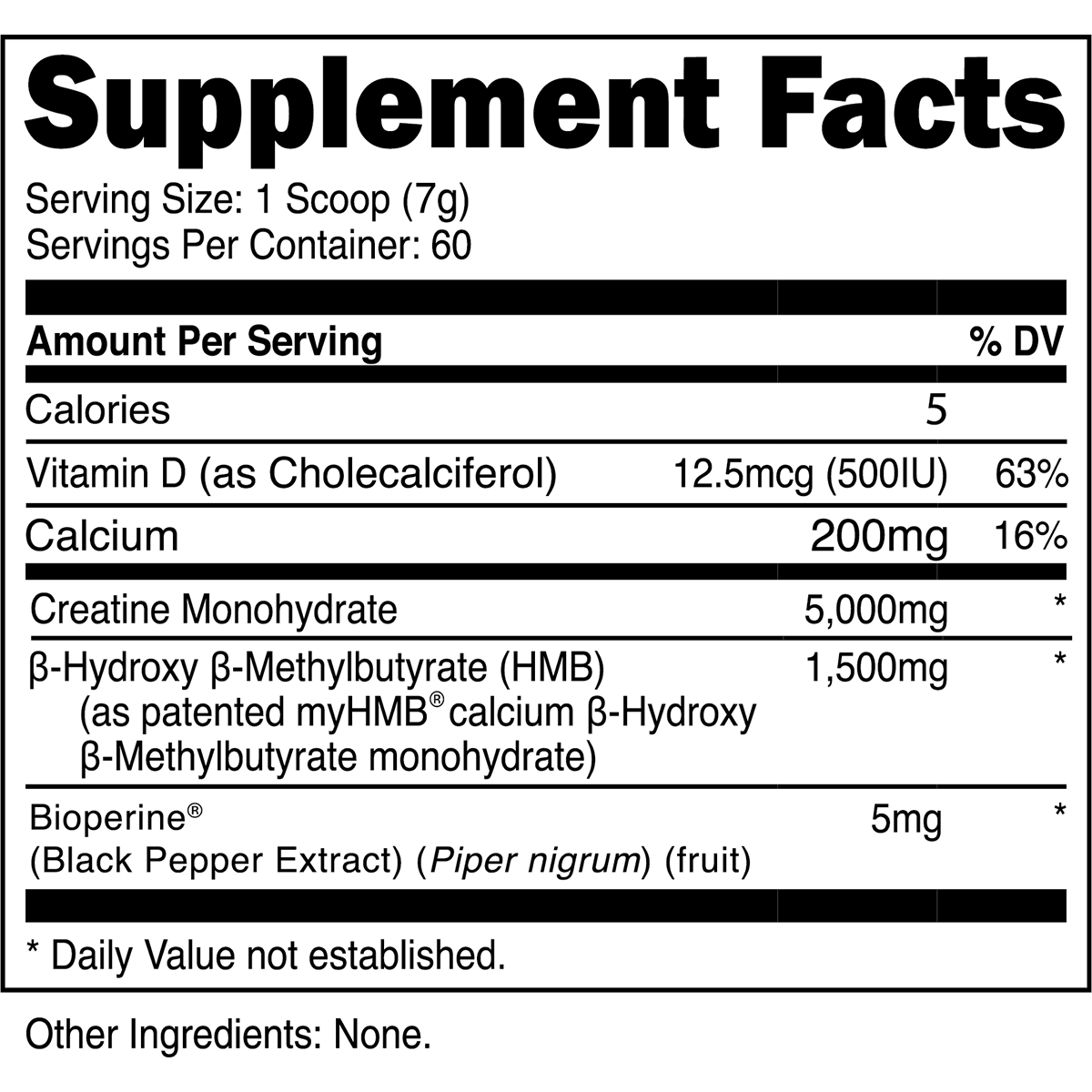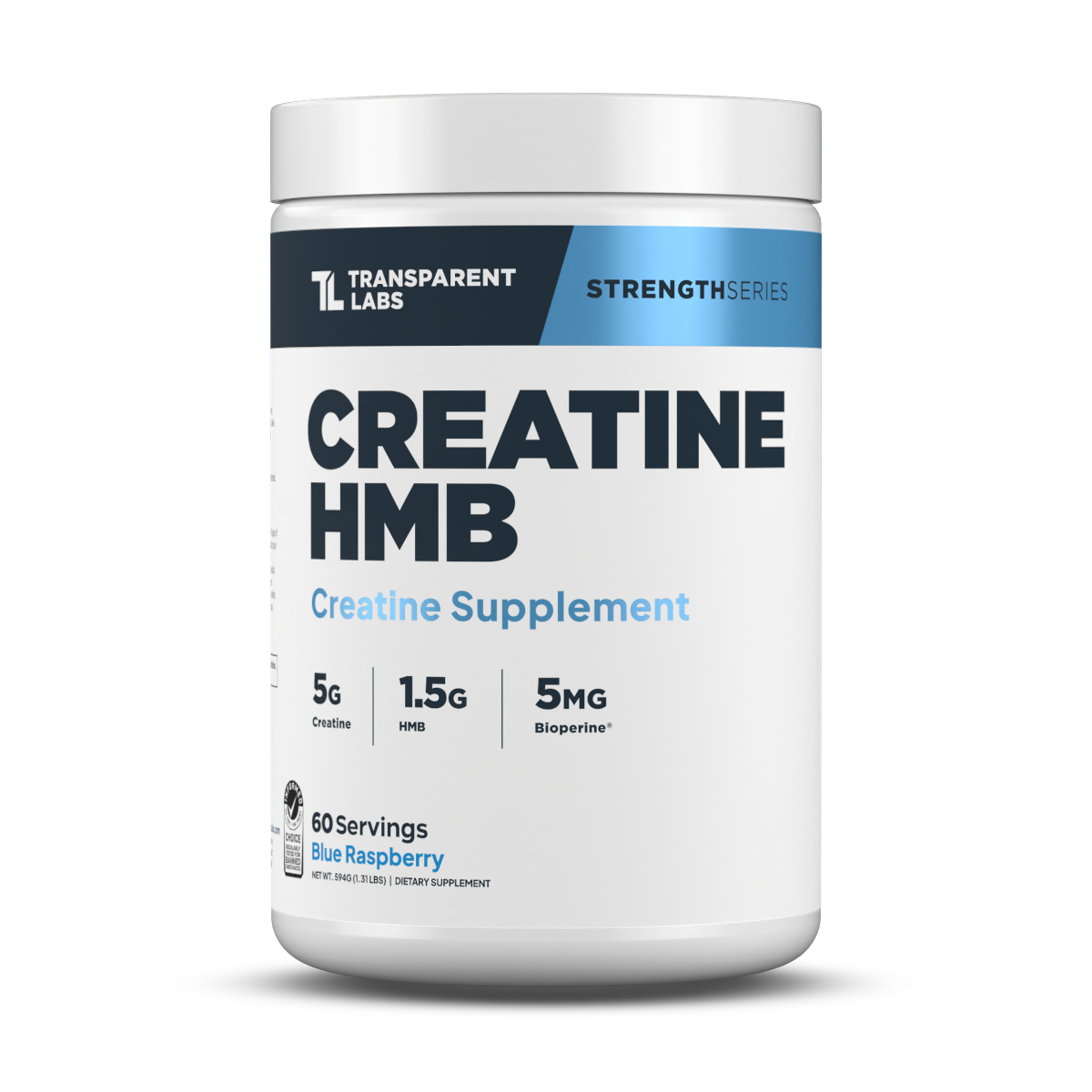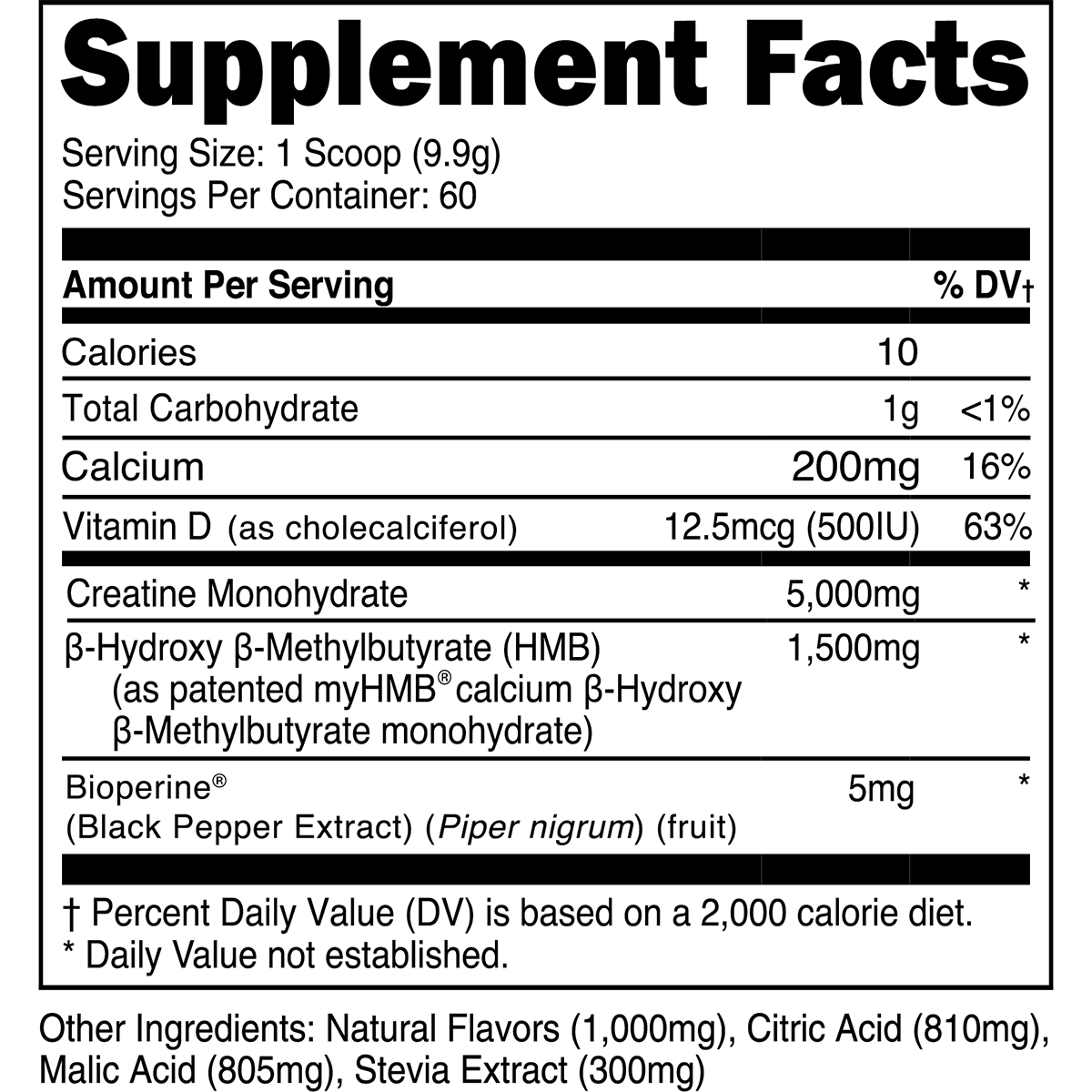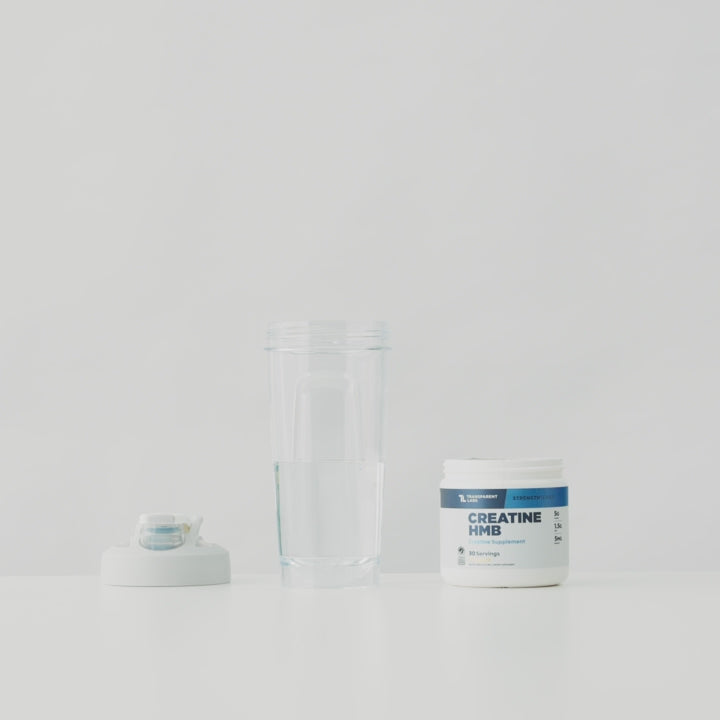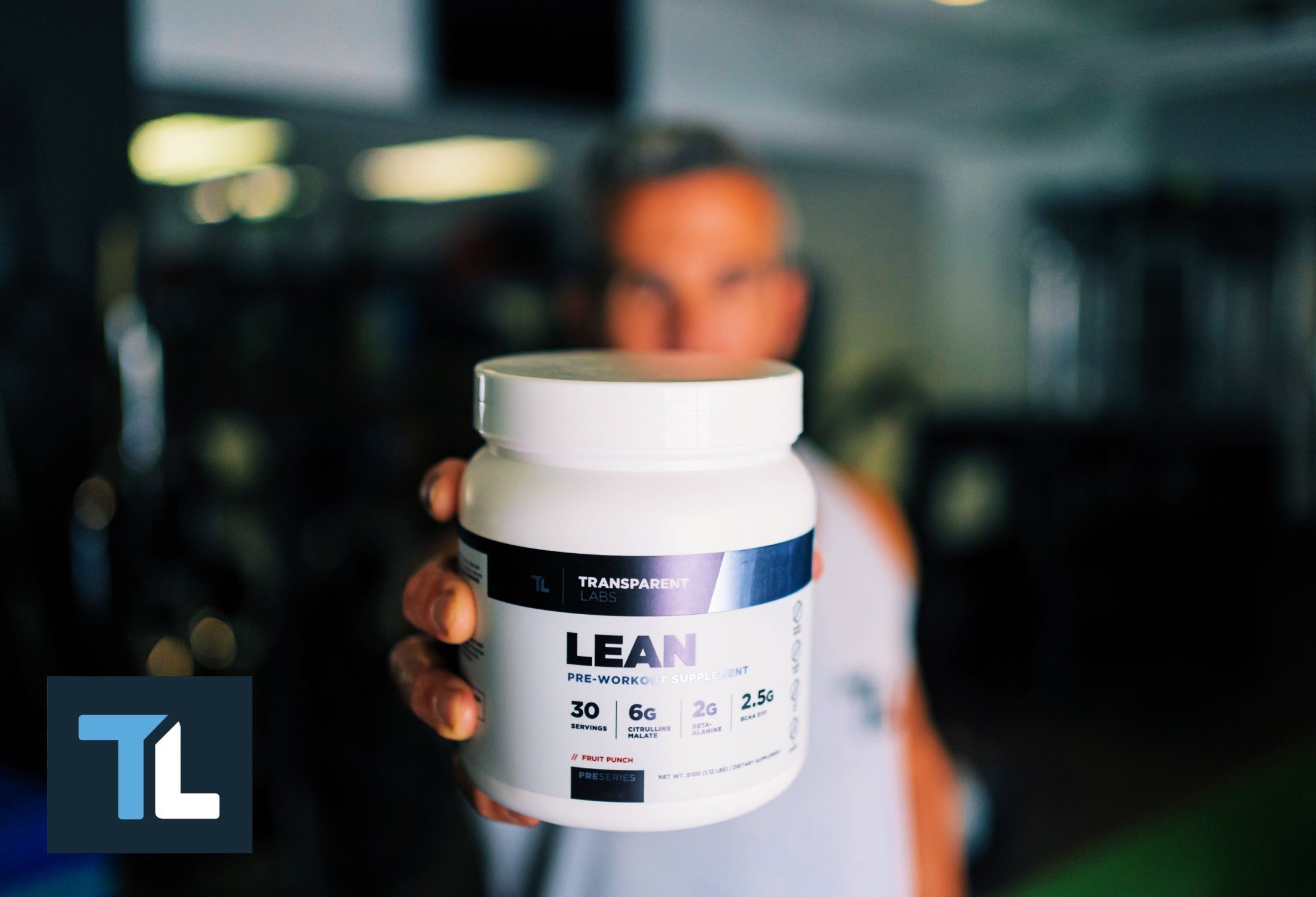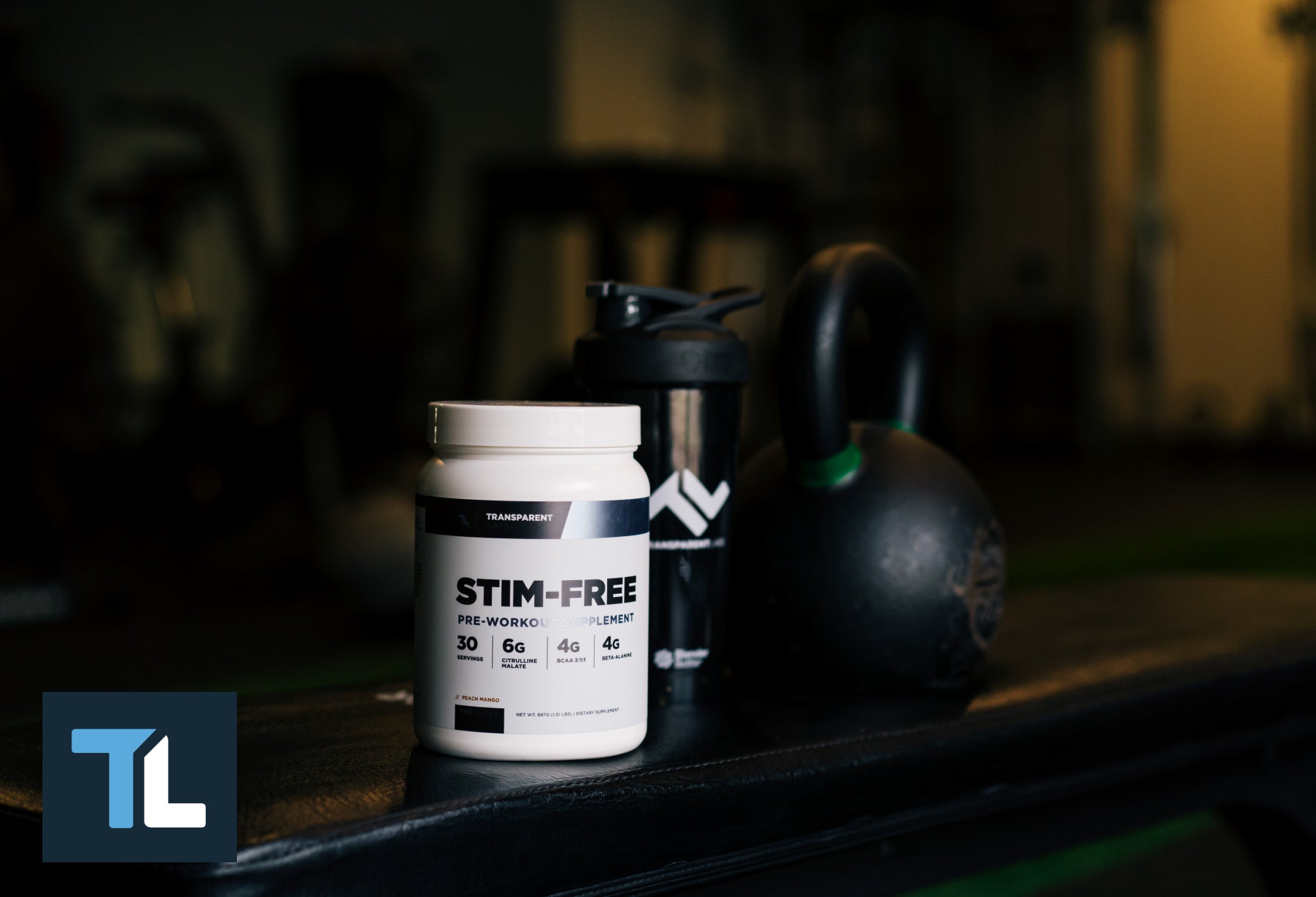On the one hand, it’s easy to understand the antipathy that prior generations felt toward creatine when it first made its way into the public eye. The same generation that once decried the use of weightlifting amongst football players simply because they felt like the act of directly training your muscles was a form of cheating was certainly going to resist the proliferation of a supplement that accelerated the growth of muscles without its users suffering any sort of penalty for taking a perceived shortcut.
This resulted in absurd anti-creatine exaggerations on the media’s behalf. For example, when three collegiate wrestlers died in 1997 as a result of the extreme measures they took to drain water from their bodies and make their weight cuts, USA Today ran several articles that attempted to lay the blame for the deaths at the feet of the wrestlers’ incidental use of creatine.
“Respected members of the sports medicine community have reported muscle cramping and tearing in athletes on creatine,” said Mark S. Juhn, sports medicine physician at the University of Washington. “Many feel this is due to the muscle tissue change, such as retained water in the muscle cell, which can promote muscle dysfunction.”
With respect to the wrestlers’ deaths, Juhn added, “While it’s hard to prove that creatine is the cause of such problems, it certainly does raise suspicion.”
Nowadays, there is far more suspicion directed at athletes who don’t take creatine. Since the 1990s, more tests have been conducted on creatine than any other supplement, and the conclusion of all of those tests is that supplemental creatine is undeniably effective at what it claims to do, while also being eminently safe to take in the overwhelming majority of cases.
Still, that has not stopped certain myths from emerging and lingering over time, as there remains an insistence from some people that creatine supplements must be doing something bad to compensate for all of the good that they’re accomplishing. In particular, creatine has been dogged by claims that it causes water retention, hair loss, and kidney damage ever since its earliest days on the market.
So is there a shred of veracity to any of these claims, or are they all unadulterated myths that detractors have produced to steer people away from using fitness supplements?
Water Retention
The fact that creatine can naturally lead to water retention is not a myth; it’s actually an expectation that naturally follows the natural surge in your body’s creatine levels that accompanies the saturation of your muscles with a quantity of creatine that you could only achieve organically if you managed to consume three pounds of beef every day.
By its very nature, creatine is osmotic, which means it draws water to itself. By derivation, as creatine enters your muscles, water is drawn into your muscles alongside the creatine. The logical side effect is an increase in retained water, and a visible boost in muscle volume.
The myth surrounding creatine and water retention isn’t about the fact that it occurs; it stems from a misplaced belief that water retention is the only thing creatine does, or that the benefits of creatine are derived specifically from the water retention itself.
In a June 1997 article from The Palm Beach Post, the question-and-answer portion stated — in response to the question “What does creatine do?” — that creatine “makes the muscle cell membranes more pliable, allowing more water into the muscles,” adding that “hydrated muscles have been proven to be more efficient” because they “produce more strength and energy.” The article also stated that “the extra water makes the muscles larger.”
The article did credit creatine with boosting the generation of energy, but seemingly attributes all gains in muscle size to a superficial side effect of water retention. Meanwhile, The News & Record of Greensboro, North Carolina summarized the pros of creatine in February 1999 as “Helps muscle cells retain more water, increasing muscle mass and weight of the user.”
Elsewhere, Ann Ludlum of The Iola Register very brazenly wrote in May 1999 that “what creatine cannot do is increase muscle mass,” that it is “of no particular value in endurance activities like running or swimming,” and that creatine supplements “might actually slow down the recreational athlete because they are believed to increase the uptake of water by muscle cells, causing weight gain.”
Time and research would prove that essentially everything Ludlum wrote about creatine in her article was incorrect, including the part about creatine being of little use to endurance athletes. Nowadays, you would be hard pressed to find a serious endurance athlete who wasn’t taking creatine on a regular basis.
Study results have indicated that endurance athletes whose events require distinct surges in energy levels during certain stages — like the extra push needed to clear away from the field at the beginnings and ends of races — benefit greatly from creatine supplementation. In essence, supplementation with creatine boosts their anaerobic capacity, granting them the capacity to insert more periods of intense effort into the long endurance races. (1)
As for the fundamental point, it has been proven beyond a shadow of a doubt in countless studies that creatine use leads to the accelerated growth of lean body mass when combined with resistance training. (2)
Also, as for the water retention caused by creatine, yes, creatine has been proven to increase total body water without altering the distribution of fluids, but even the earliest studies of creatine’s effects noted changes in muscle mass ranging from 1.0 to 2.3 percent, and found that most of it was fat-free mass and skeletal muscle mass that was not attributable to water retention. (3)
Hair Loss
The idea that creatine supplementation causes hair loss has been around since the 1990s, but its root comes from a rather unexpected source that’s further linked to a creatine myth that’s even more pernicious.
From the very beginning, one of the key concerns about creatine was that it could lead to an enlarged prostate. In fact, that was one of the direct questions posed to syndicated health columnist Bryant Stamford in July of 1997.
“Creatine has become the darling of weightlifters, and most users I’ve talked to swear by it,” answered Stamford. “Unlike most supplements weightlifters take, there is strong evidence that creatine helps increase muscle mass. I am not aware of any evidence concerning an impact of creatine on the prostate.”
The proposed connection between creatine and the prostate — then and now — is dihydrotestosterone. Also known as DHT, this hormone helps to develop the male prostate gland, and is essential for overall prostate health. However, boosted levels of DHT have been linked to the more common occurrence of enlarged prostates, and also to hair loss.
As a side note, not only do steroids themselves raise DHT, which is the cause behind the loss of hair that is commonly linked to steroid use, but DHT itself is sold as the anabolic steroid androstanalone. Therefore, the essence of the accusation is that creatine increases DHT — and testosterone in general — to such an extent that it is comparable to a low-level anabolic steroid.
Due to the basis of the accusation, it is logical to assume that the real intent is to draw a false equivalency between creatine and steroids, but realistically there is no rational reason to make the connection.
The strongest “evidence” for the connection between creatine and DHT, and ultimately to the proliferation of baldness stemmed from a single study that supposedly found elevated levels of DHT in its volunteers, but that finding has never been repeated in any further studies. This lends credence to the belief that the volunteers who had high levels of DHT may have been supplementing with hormones in addition to their supplementation with creatine, thereby causing the boosted DHT levels.
As for the studies that attempted to ascertain whether or not a connection exists between creatine supplementation and an unhealthy increase in DHT, the most recent and relevant study followed 40 men with resistance training backgrounds, randomly assigned them to placebo and creatine-supplementation groups, and then measured markers of testosterone and hair follicle health.
At the conclusion of the study, it was determined that there was no relationship between creatine use, testosterone, or hair loss. Both the creatine group and placebo group experienced increases in total testosterone and decreases in free testosterone, indicating that those effects occurred independent of supplementation. Moreover, there were no significant differences in DHT levels, DHT-to-testosterone ratio, or hair growth parameters between the creatine and placebo groups. (4)
This being the case, it’s safe to say the notion that creatine causes hair loss has been conclusively demonstrated to be a myth.

Kidney Health
One of the prevailing myths about creatine is the notion that creatine damages the kidneys, and also the liver alongside them. Unfortunately, there is enough misapplied science in this scenario that it’s fairly simple to understand why this falsehood has been hard to shake.
In this instance, it’s easiest to begin with the truth of the situation: creatine use is associated with an increase in creatinine levels. Creatinine is a waste byproduct of creatine’s role in muscle metabolism, which is then filtered out through the bloodstream.
Clearly, it makes sense that if your body’s creatine levels increase through supplementation, then the side effects of its use within your body will also experience a commensurate increase. The problem is that the presence of elevated creatinine levels can also be a byproduct of kidney damage, which means that an increase in creatine can effectively cause a false positive for one of the markers of kidney damage.
For nearly all people, taking creatine within its recommended dosing range is perfectly safe. A comprehensive meta analysis evaluating the outcomes of 290 non-duplicated studies showed that creatine supplementation did not significantly alter serum creatinine levels when taken in recommended doses. (5)
However, there is more to the story and the propagation of this myth than the mere presence of elevated creatinine levels, and it all goes back to the earliest days of creatine’s rise to popularity.
In a national article from June of 1998, the Associated Press shared the concerns of the team physicians of several Major League Baseball teams, including Dr. William Straw of the San Francisco Giants. After saying that he “can’t say with confidence that it’s safe,” Straw added that he was concerned about creatine causing damage to the liver and kidneys on the basis that “those two organs are where new drugs cause damage because they metabolize and excrete the compounds.”
Evident in this statement is an implied link between creatine and illicit drug use, even though creatine is a natural food product, and by no means a drug. So once again, the source of the myth that the ordinary use of creatine causes kidney damage is rooted in a false belief from the heart of the steroid era of baseball.
Specifically, it was the belief that creatine was effectively a drug, and several ball clubs were doing everything they could to dodge links between their players and drug-enhanced performances. As such, the reputation of creatine became collateral damage, and some of those unfair characterizations have persisted to this day.
Once again, the notion that regular supplemental creatine use causes kidney damage is an unadulterated myth, and it is important to understand the source of the myth, and the natural biological markers that might lead someone to falsely label the myth as fact.
The Problem with Creatine Myths
As an aftereffect of becoming the most tested nutritional supplement of all time, creatine is now also one of the most trusted supplements of all time, and its reputation should be above reproach. Still, harmful myths have hovered over supplemental creatine since its inception. While these myths may seem like harmless nonsense, there are real-world consequences resulting from the spread of these myths.
The Myths Create Fear
Hundreds of millions of people have now used supplemental creatine at some point in their lives, which means that discussions about potential irreversible damage caused by creatine supplementation can cause anxiety to surge in a great many people. Falsely blaming creatine for causing health problems without any tangible evidence is not only dishonest, but it’s actually cruel.
The Myths Are Malicious
Considering the era in which most of the enduring myths about creatine were spawned, it seems clear that the underlying intent behind several of the myths was to produce a punishment — even an imaginary punishment — for “cheaters” who were attempting to use creatine to acquire a competitive advantage. It’s obvious that many people wanted there to be negative side effects to creatine use so that they could shame creatine users who used the supplement to accelerate their progress.
The Myths Cause Real Harm
Ultimately, the biggest problem with myths about creatine use is that they actually discourage people from taking creatine who would benefit from its use. Advantages to physical strength and energy efficiency aside, creatine has been shown to alleviate symptoms caused by sleeplessness, to improve cognitive abilities, to attenuate feelings of depression, and to boost reproductive health. The idea that unfounded myths about creatine may continue to scare away people whose lives could greatly benefit from its use is quite upsetting.

The Most Factual Thing in Fitness
There are ultimately two key things that can be learned from all of this. First, all of the rumors related to the harmfulness and ineffectiveness of creatine are not only unproven, but have been roundly debunked. Second, after nearly three decades of strenuous scientific testing, the benefits of creatine have been proven beyond the shadow of a doubt.
What this ultimately means is that you can not only partake in creatine supplementation without fear — provided that you’re using creatine as recommended — but you can consume it with the utmost confidence that it can deliver the many benefits that accompany its use, which include improvements to your mental, physical, and psychological makeup. And that, my friend, is a fact.
Sources
-
Forbes SC, Candow DG, Neto JHF, Kennedy MD, Forbes JL, Machado M, Bustillo E, Gomez-Lopez J, Zapata A, Antonio J. Creatine supplementation and endurance performance: surges and sprints to win the race. J Int Soc Sports Nutr. 2023 Dec;20(1):2204071. doi: 10.1080/15502783.2023.2204071. PMID: 37096381; PMCID: PMC10132248.
-
Wu SH, Chen KL, Hsu C, Chen HC, Chen JY, Yu SY, Shiu YJ. Creatine Supplementation for Muscle Growth: A Scoping Review of Randomized Clinical Trials from 2012 to 2021. Nutrients. 2022 Mar 16;14(6):1255. doi: 10.3390/nu14061255. PMID: 35334912; PMCID: PMC8949037.
-
Francaux M, Poortmans JR. Side effects of creatine supplementation in athletes. Int J Sports Physiol Perform. 2006 Dec;1(4):311-23. doi: 10.1123/ijspp.1.4.311. PMID: 19124889.
-
Lak M, Forbes SC, Ashtary-Larky D, Dadkhahfar S, Robati RM, Nezakati F, Khajevandi M, Naseri S, Gerafiani A, Haghighat N, Antonio J, Tinsley GM. Does creatine cause hair loss? A 12-week randomized controlled trial. J Int Soc Sports Nutr. 2025 Sep;22(sup1):2495229. doi: 10.1080/15502783.2025.2495229. Epub 2025 Apr 23. PMID: 40265319; PMCID: PMC12020143.
-
de Souza E Silva A, Pertille A, Reis Barbosa CG, Aparecida de Oliveira Silva J, de Jesus DV, Ribeiro AGSV, Baganha RJ, de Oliveira JJ. Effects of Creatine Supplementation on Renal Function: A Systematic Review and Meta-Analysis. J Ren Nutr. 2019 Nov;29(6):480-489. doi: 10.1053/j.jrn.2019.05.004. Epub 2019 Jul 30. PMID: 31375416.

